Brazil's federation fosters unstable management, drop in world status

And so after another inglorious defeat, this time against Peru in the Copa America, comes the inglorious end of Dunga’s second spell as Brazil coach.
If few will be surprised that it has ended this way, fewer still will miss him. With fans hoping for root and branch reform following the 7-1 humiliation against Germany in the 2014 World Cup–a result so emblematic of crushing defeat that it has now entered the popular lexicon–the CBF, the Brazilian FA, instead chose to merely prune the leaves of its sickly footballing tree, rehiring a man last seen punching the dugout in frustration as the Seleção exited the 2010 World Cup against Holland.
“Brazil needs a coach with scientific knowledge and the wisdom to be a good observer, a desire to win while playing well…who is independent and creative…Forget it! It was just a fantasy. It’s gone. The reality is something much sadder. The reality is Dunga,” wrote one of the stars of Brazil’s 1970 World Cup winning side, Tostão, after the appointment.
The coach rarely disappointed his critics. His return was marked by a grimly prosaic playing style and–even given that the raw talent at his disposal is a far cry from the rich harvests of Tostão’s era–befuddled tactical and personnel decisions, such as sending Thiago Silva into exile while persevering with the slapstick David Luiz.
None of that would have mattered to a country far more interested in winning than in recycling rose-tinted jogo bonito myths, however, had results been good. They weren’t. Brazil was dumped out of last year’s Copa America in Chile by Paraguay, and has been dismal in World Cup qualifying, winning only two of its opening six fixtures (against Venezuela and Peru, both at home).
Sunday’s gloomy defeat against Peru–yet another performance where a Neymar-less Brazil seemed high on energy but devoid of creativity–was the final straw for the panjandrums at the CBF.
Where next then, for Brazil, a country whose self-belief has fallen so low that even a light-hearted (and in fact, complimentary) flag carried by supporters of little Northern Ireland is enough to send fans into paroxysms of paranoia and angst?
With the CBF at the helm, only the brave or the foolish would hazard a guess. This is, after all, an organization so riddled with corruption that its previous two bosses have been implicated and/or arrested under the U.S. justice system’s investigation into soccer graft, and whose current president, Marco Polo Del Nero, is unable to leave Brazil for fear of being collared by the FBI.
Copa America not Brazil's top priority, both on field and at home
Even the manner of Dunga’s firing was symptomatic of the association’s muddled thinking. A raft of injuries meant the Copa America Centenario was considered by many to be a tournament where the focus was not to bring home a trophy, but instead to blood some promising youngsters, such as Santos striker Gabriel or Grêmio defensive midfielder Wallace, for the greater priorities of the Rio de Janeiro Olympic soccer tournament and the World Cup qualifiers.
Instead, just a few days after some claimed to see minor signs of improvement in the 7-1 win over Haiti, the coach was gone.
If the CBF has its way, the man stepping–with understandable wariness–into Dunga’s shoes will be Corinthian’s coach Tite. An excellent manager at the club level, who has led Corinthians to two Brazilian league triumphs and one Libertadores title in the last five years–not to mention a stirring Club World Cup win over Chelsea in 2012–Tite is idolized by fans of the São Paulo giants and is the pick of most Brazilians to take over the national team.
Caveats come in the form of his favored playing style, which is pragmatic rather than expansive, and the fact that he has little experience of managing outside Brazil.
Whether Tite will say yes to the job, however, is currently shrouded in doubt. The coach spent three hours enjoying the dubious charms of Marco Polo Del Nero’s company on Tuesday evening and walked away without an agreement being reached.
No concrete details of the meeting have emerged so far, although the CBF has reportedly said it is “confident and optimistic.” Yet Tite’s issues with the association are manifold and longstanding. He is known to have held a grudge against the CBF since being passed over for the Seleção job in 2014, and for a number of reasons–including the fact that Dunga was still in the job–is believed to have rejected a number of fresh approaches from Del Nero in 2015, and even as recently as April this year.
At the end of 2015, in fact, as the corruption allegations against the CBF bigwigs swirled, Tite went as far as to sign a petition–along with dozens of other managers, players and ex-players, including Pelé and Zico, and even musicians and actors–entitled “Manifesto for a new CBF” demanding the “immediate resignation of Marco Polo Del Nero and his board of directors.” It remains to be seen whether the lure of the Brazil job may convince him to overlook his misgivings this time around.
At the same time, with the Rio Olympics looming and the arduous South American World Cup qualifiers restarting in September, the CBF seems to have few other alternatives in mind. “Tite is Plan A (job) and there is no Plan B or Plan C” wrote the respected Brazilian journalist Martin Fernandes on Wednesday morning.
GALLERY: Fans of Copa America Centenario
Copa America 2016 Fans
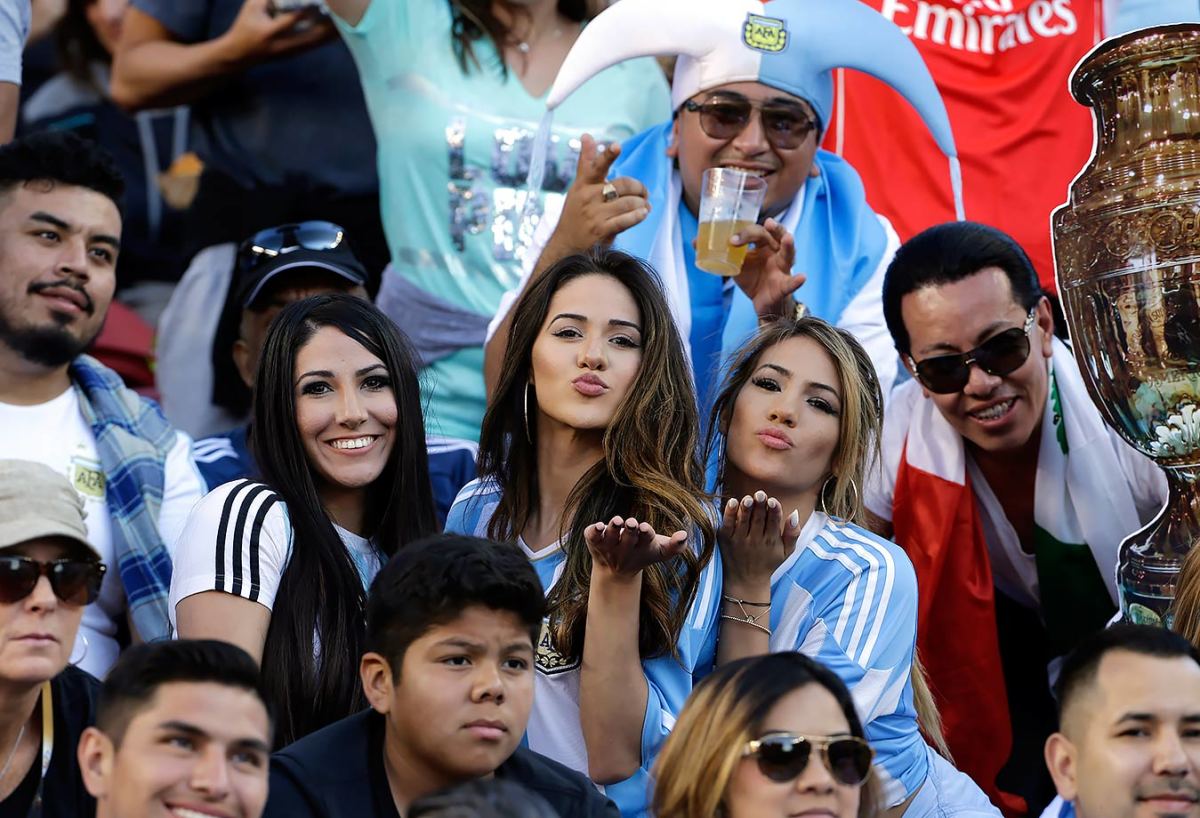
Argentina
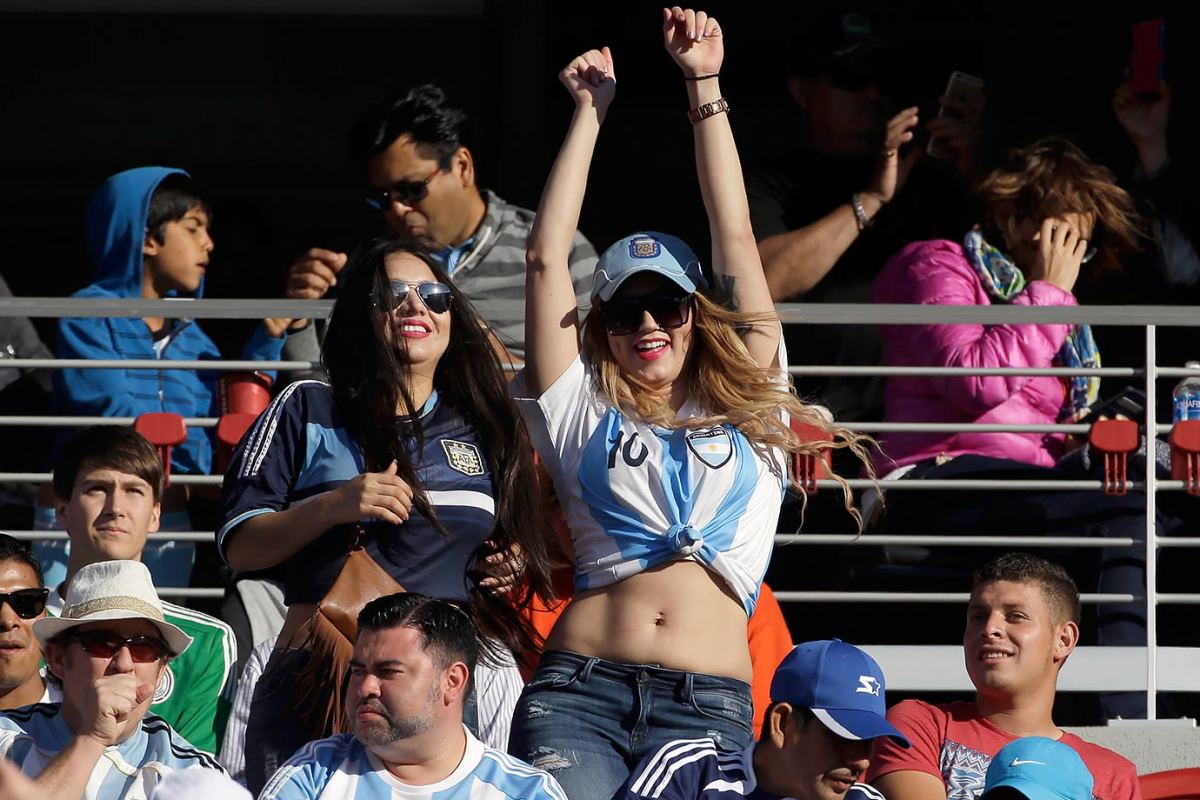
Argentina
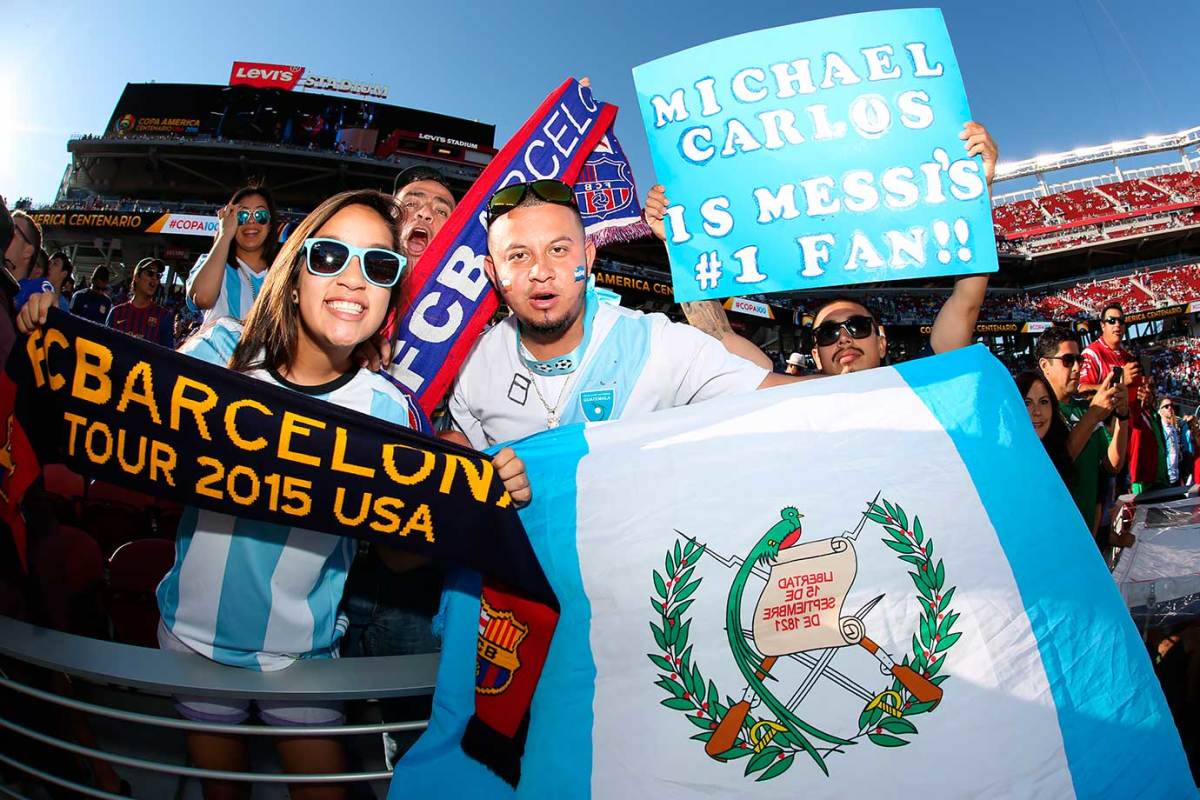
Argentina
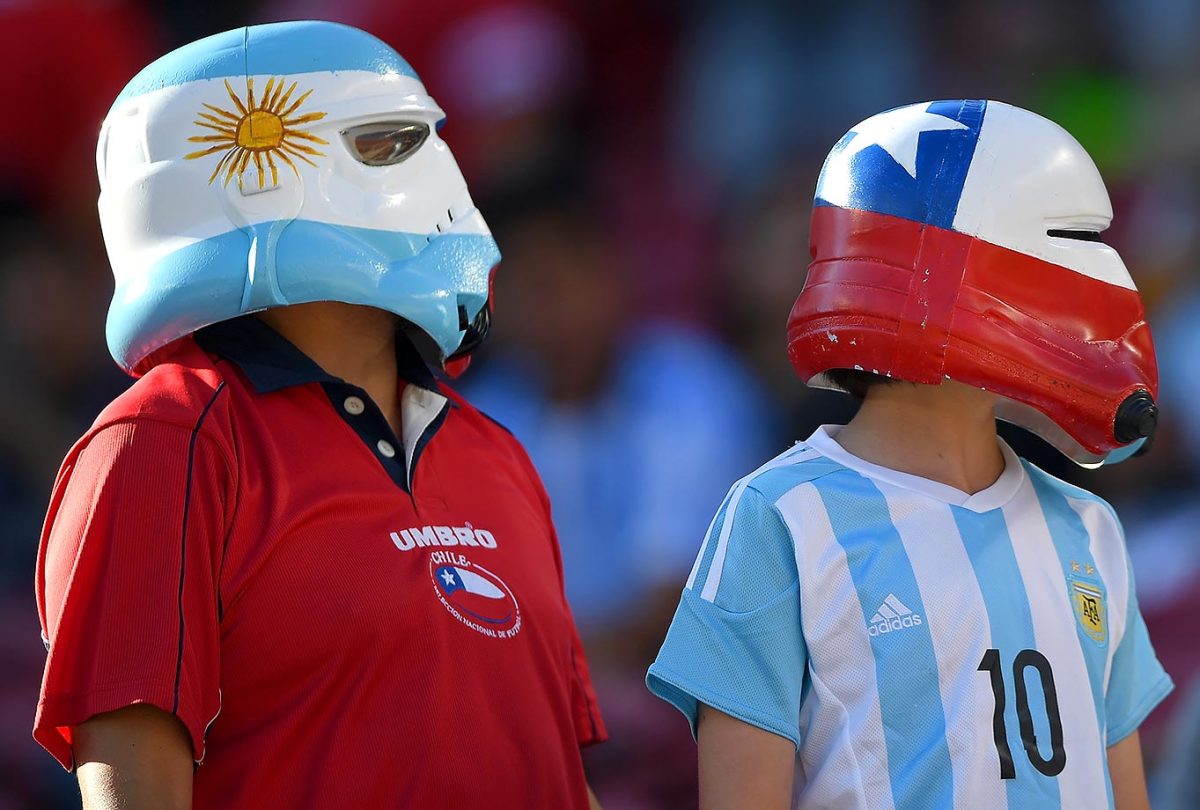
Argentina and Chile
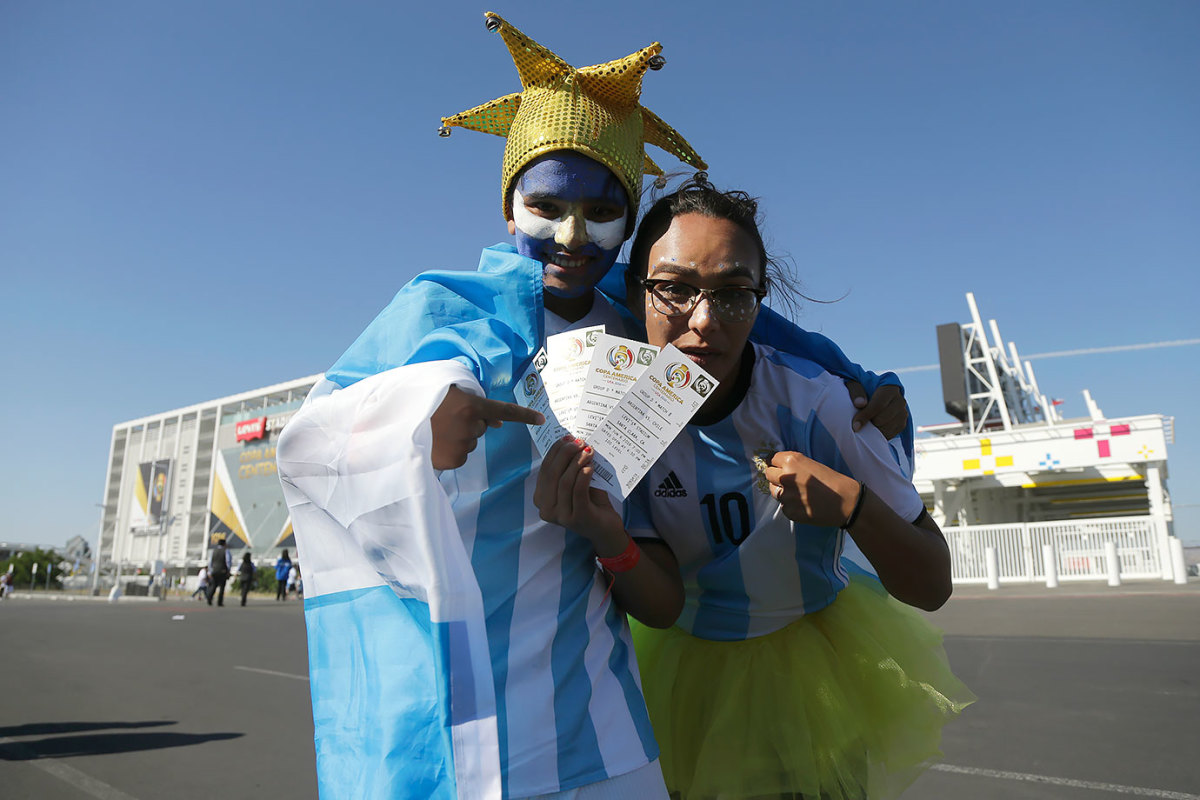
Argentina
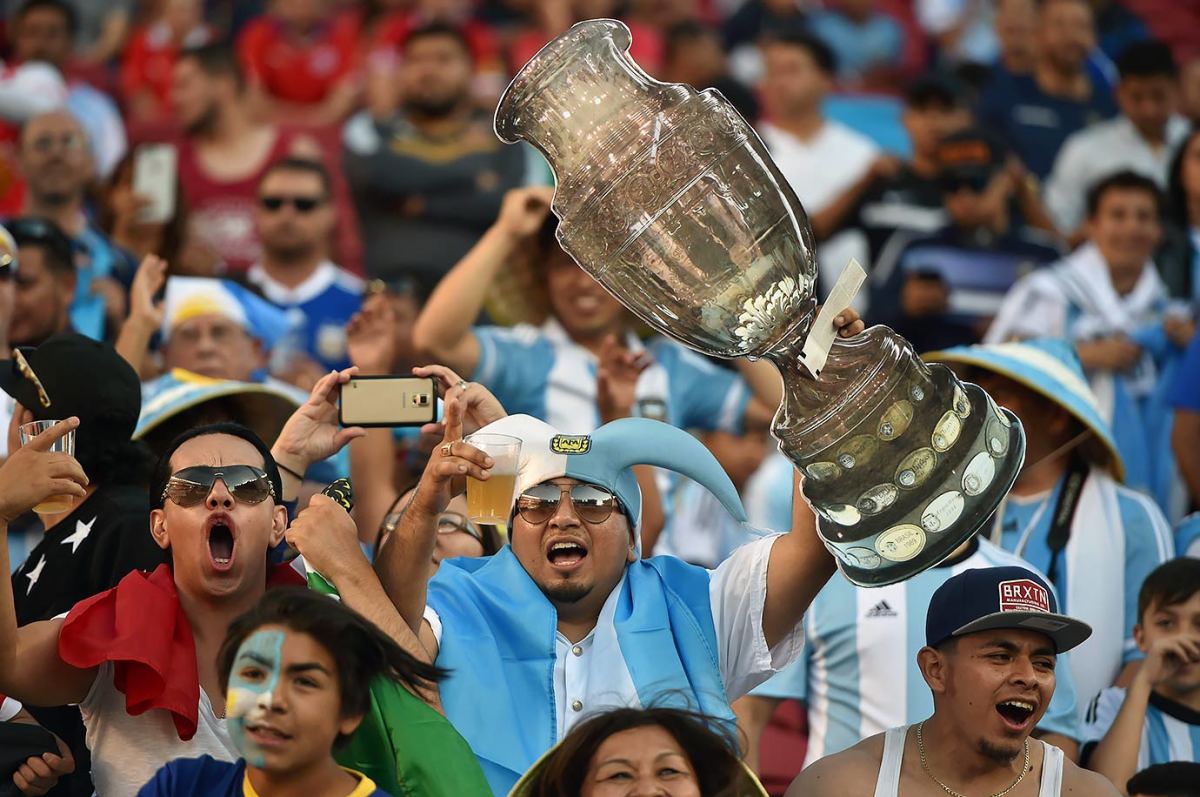
Argentina
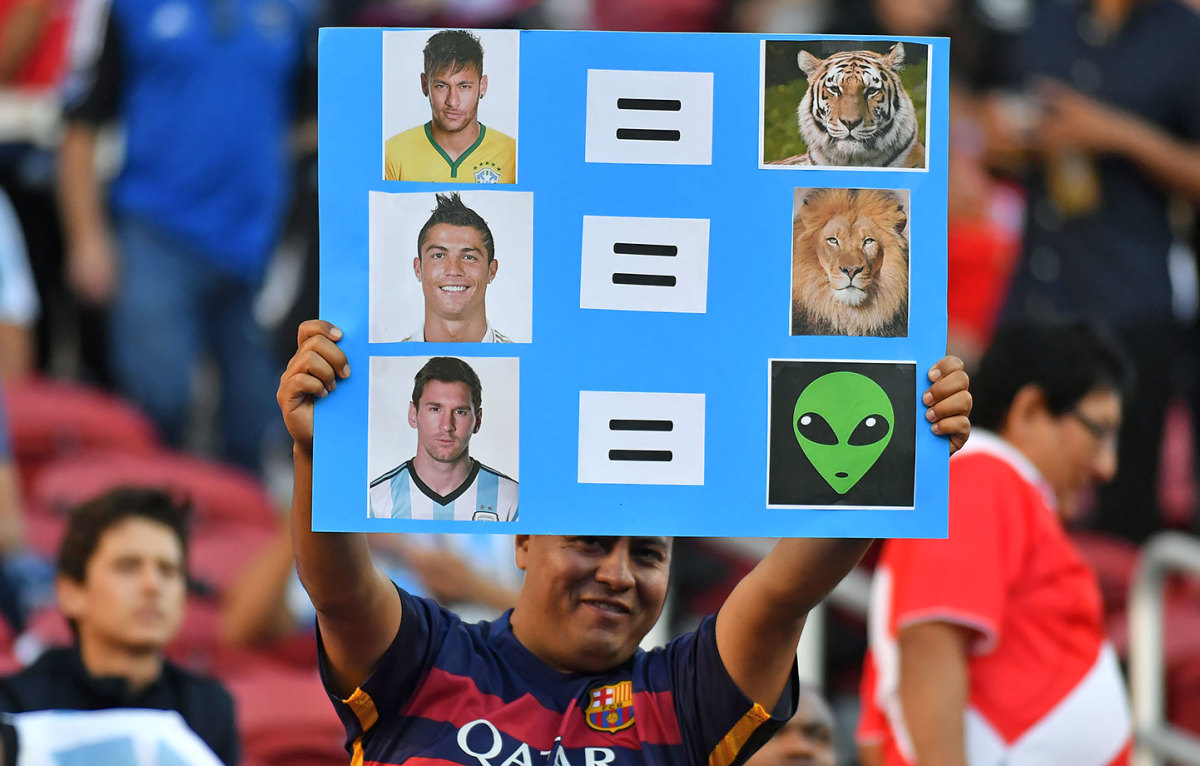
Argentina
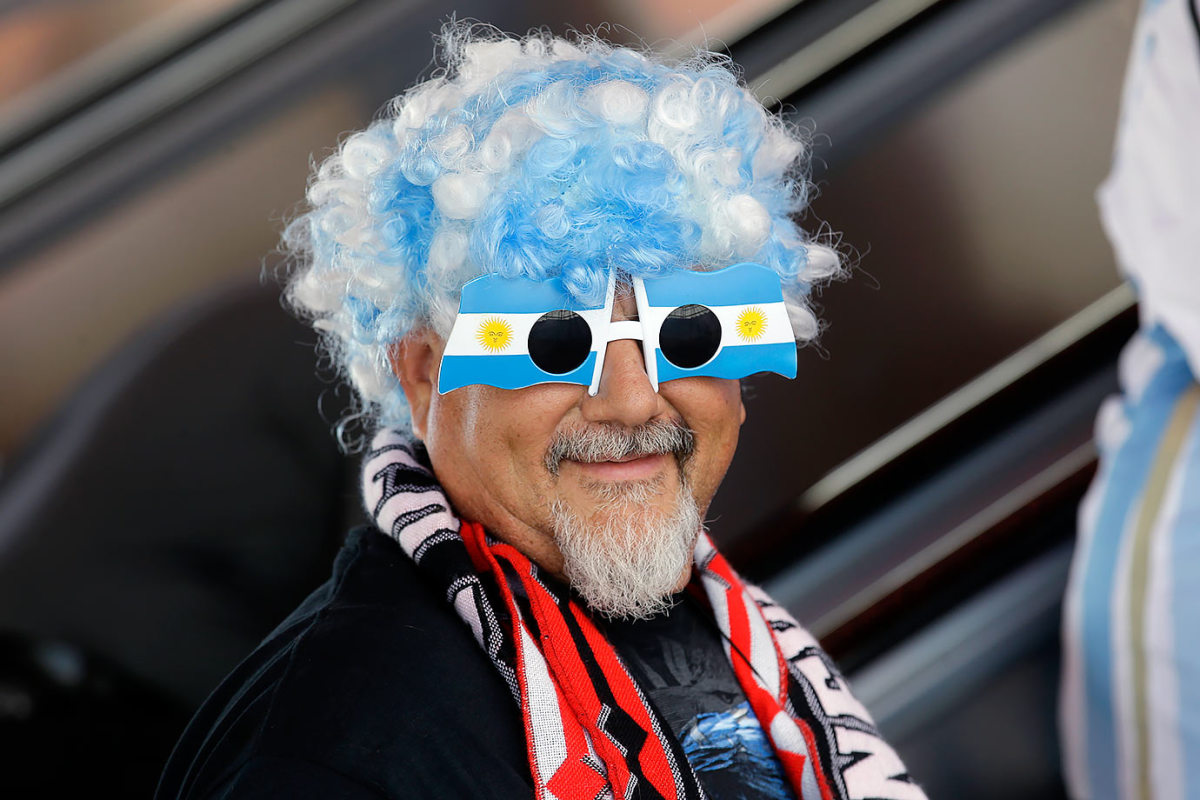
Argentina
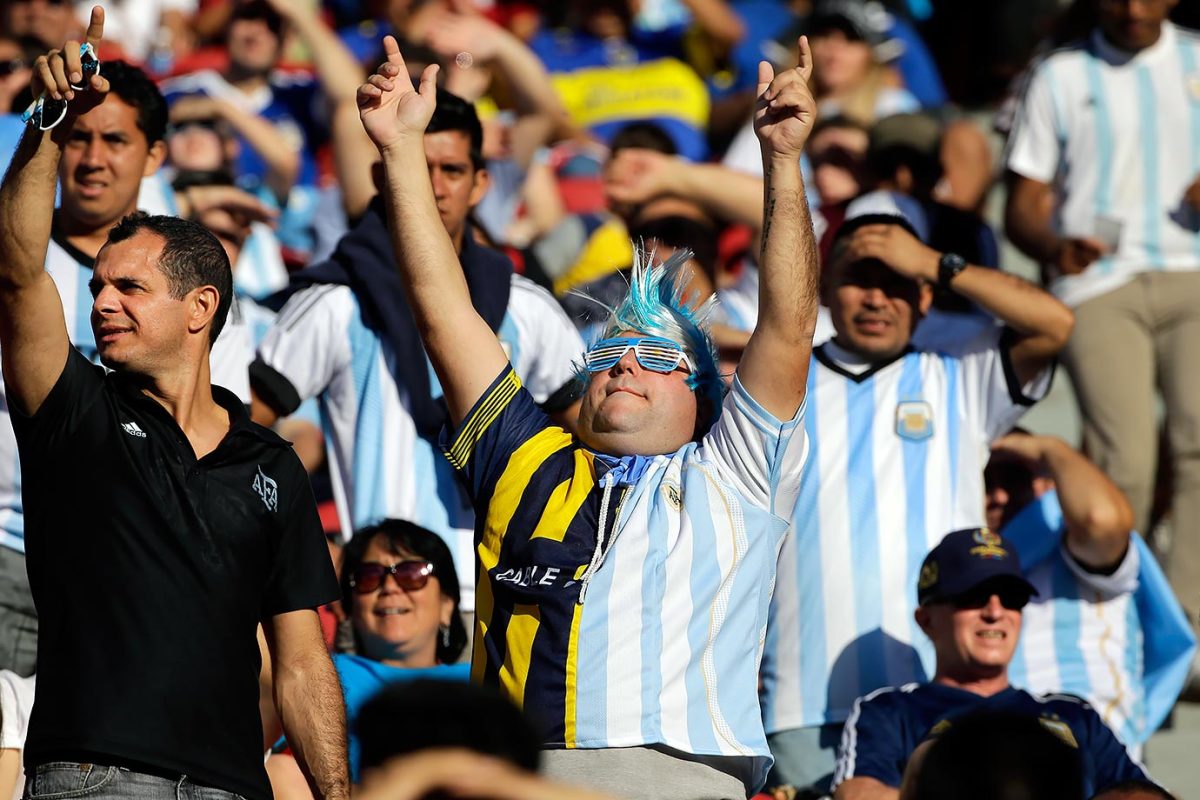
Argentina
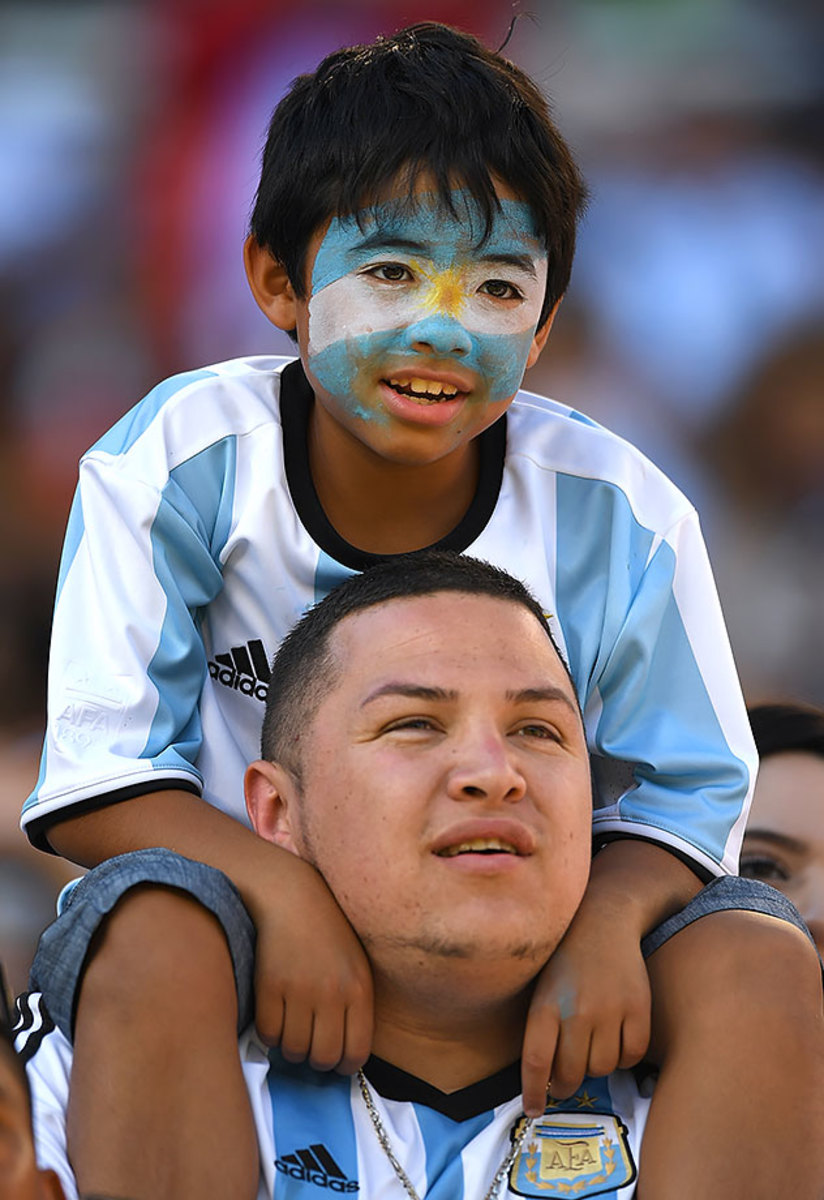
Argentina
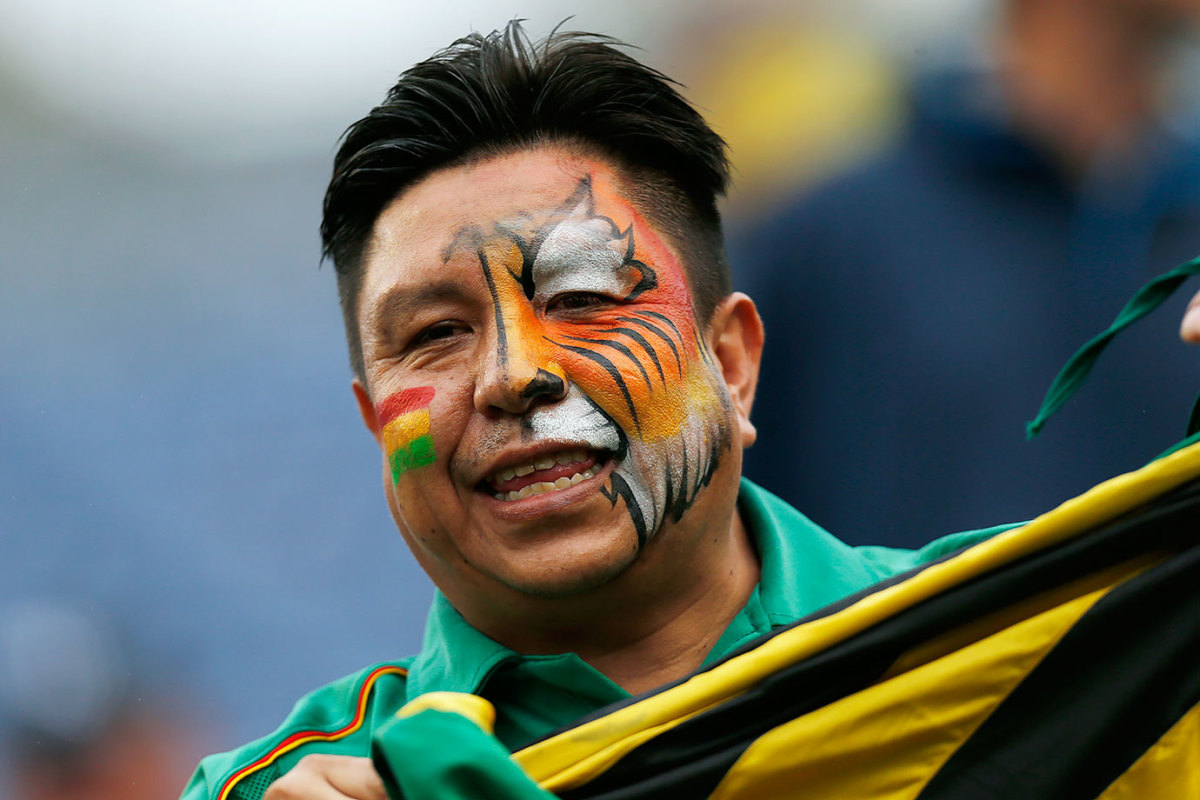
Bolivia
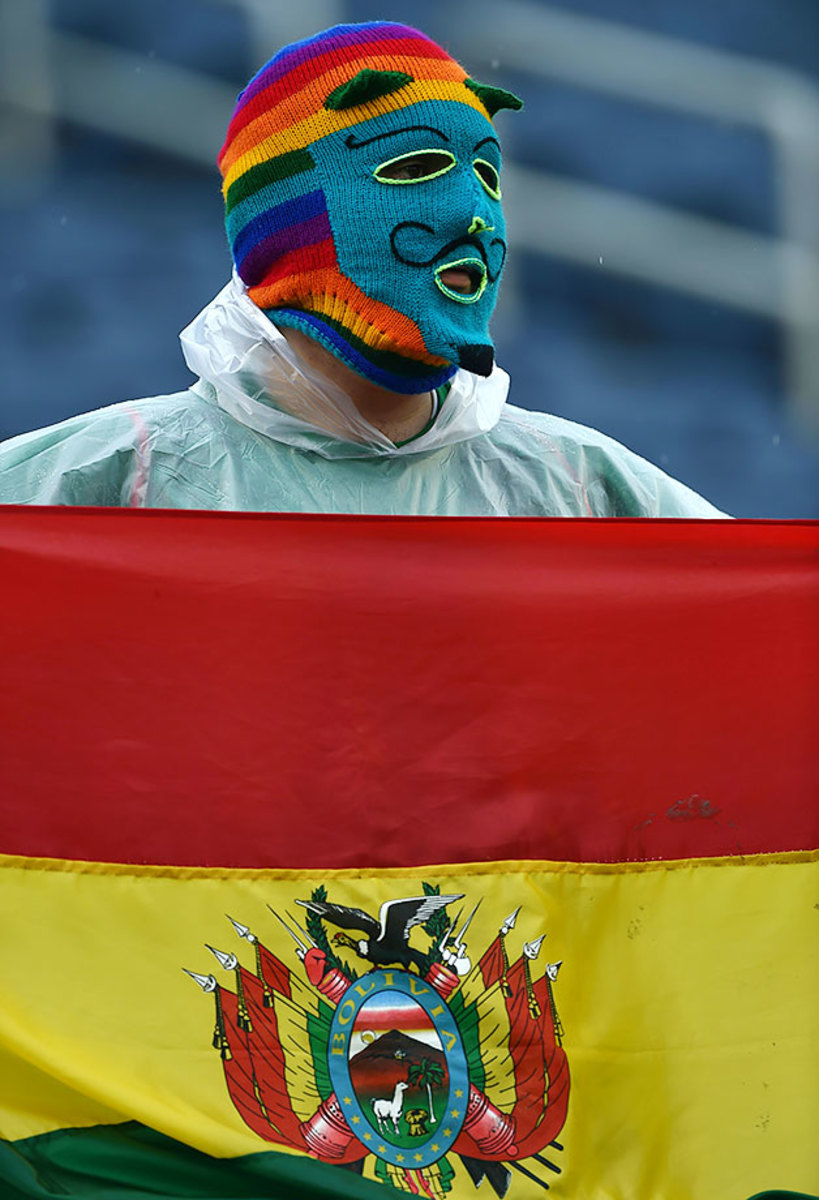
Bolivia
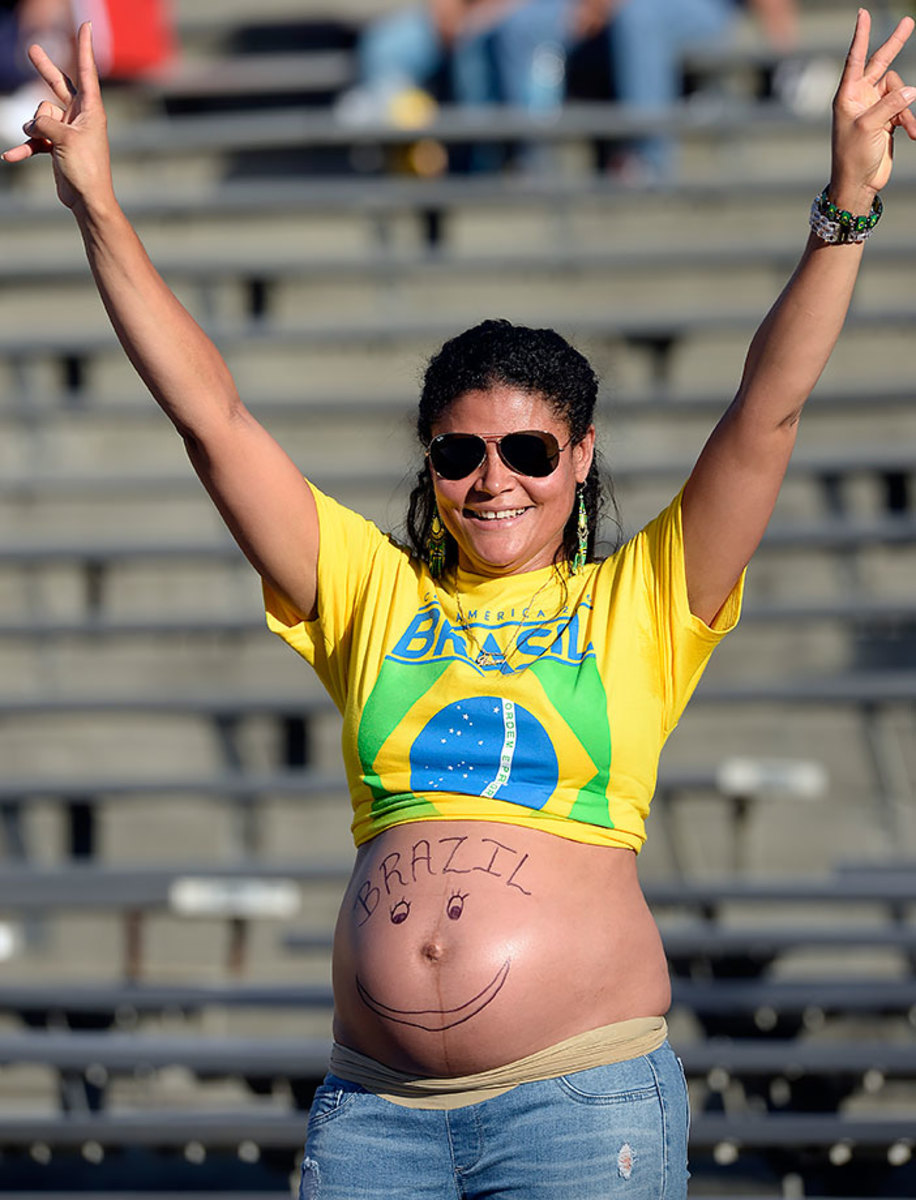
Brazil
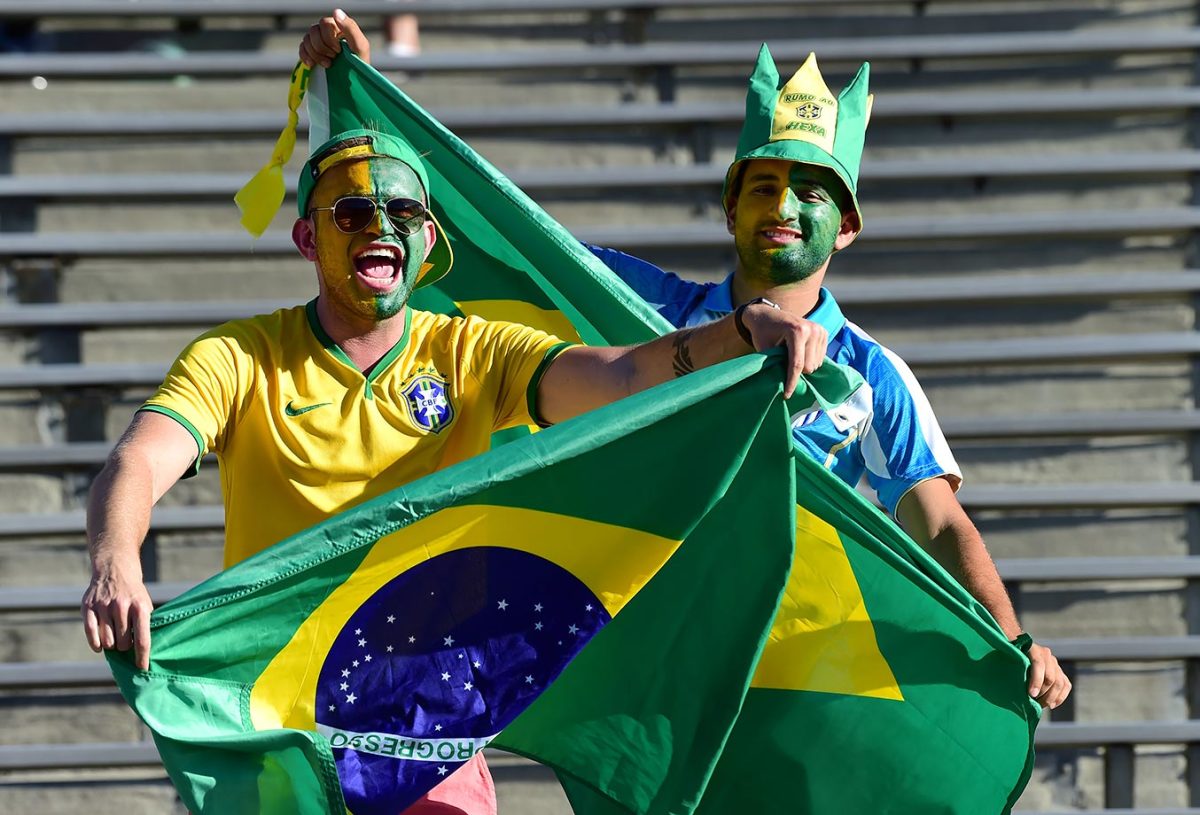
Brazil
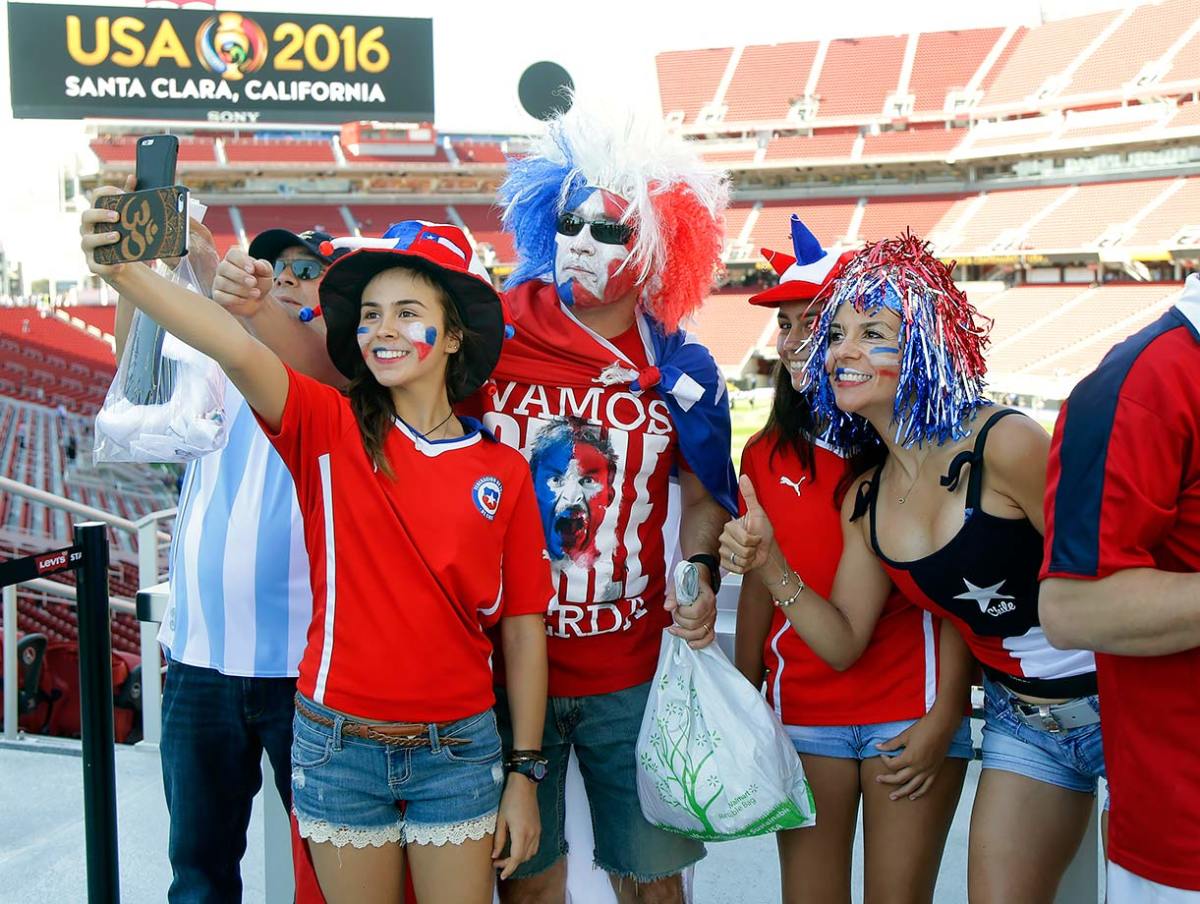
Chile
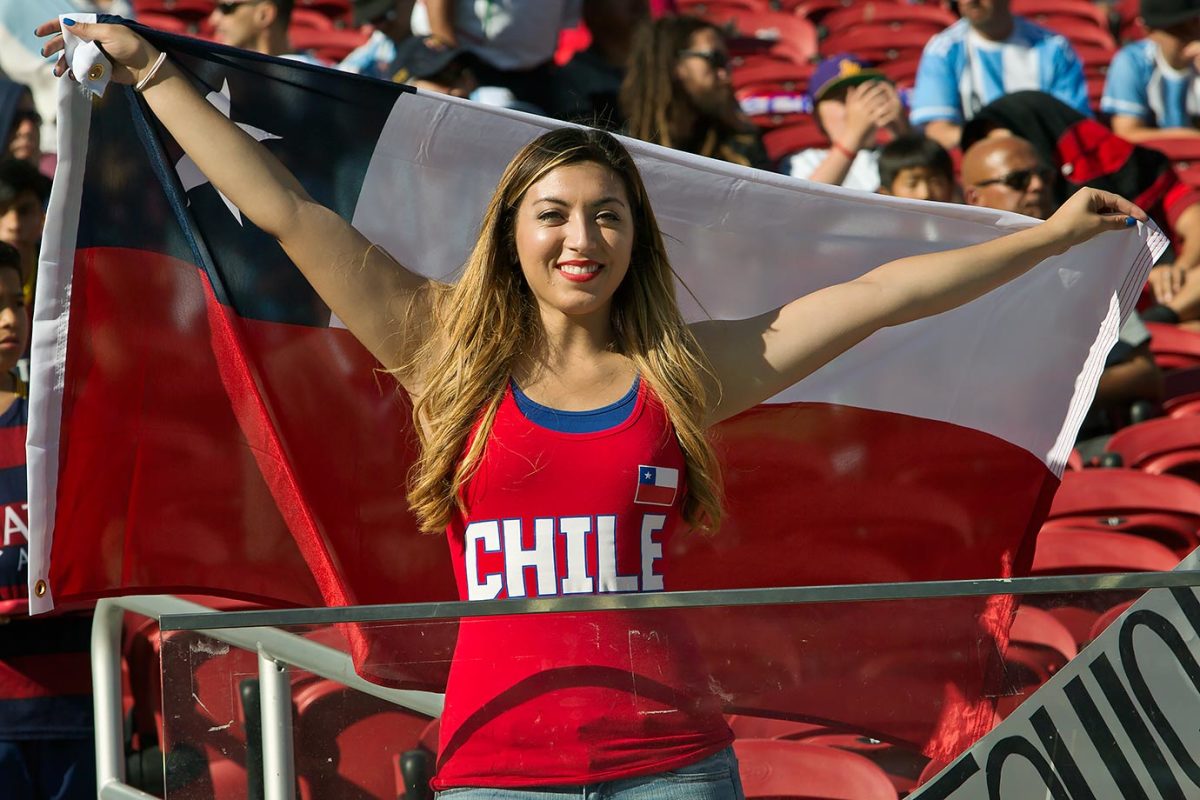
Chile
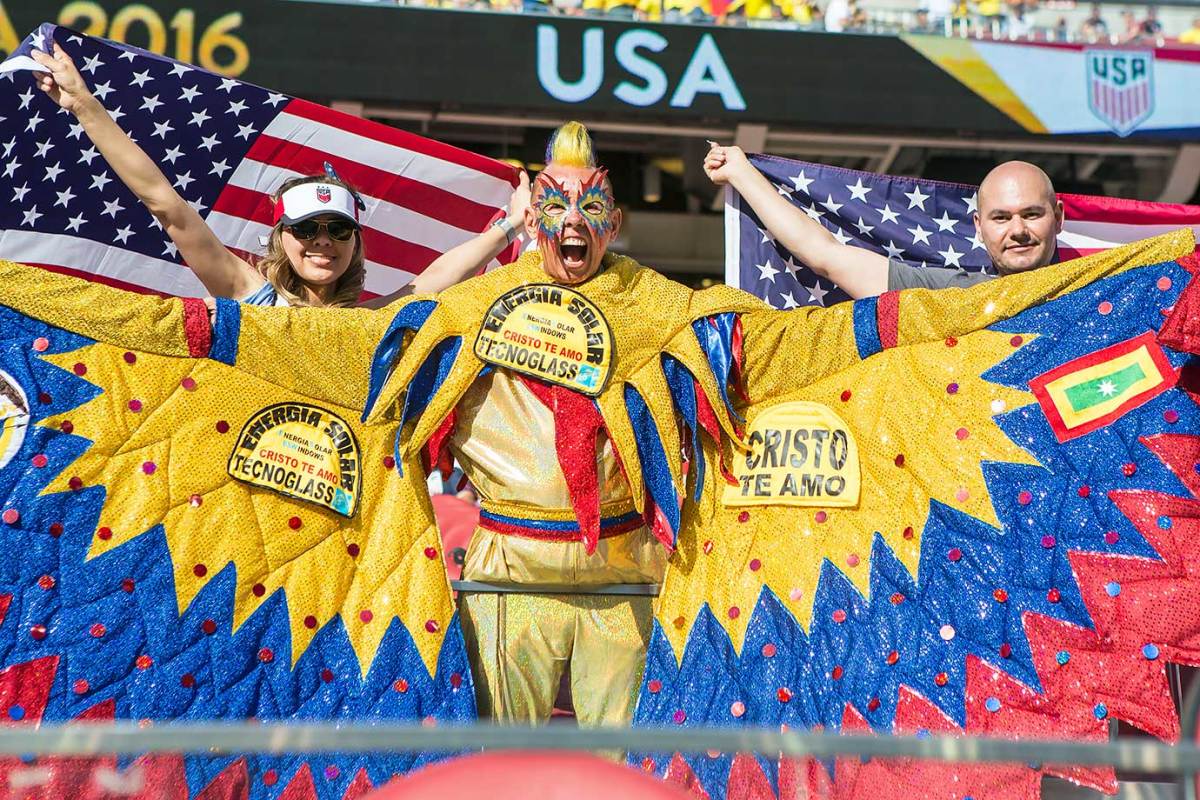
Colombia and USA
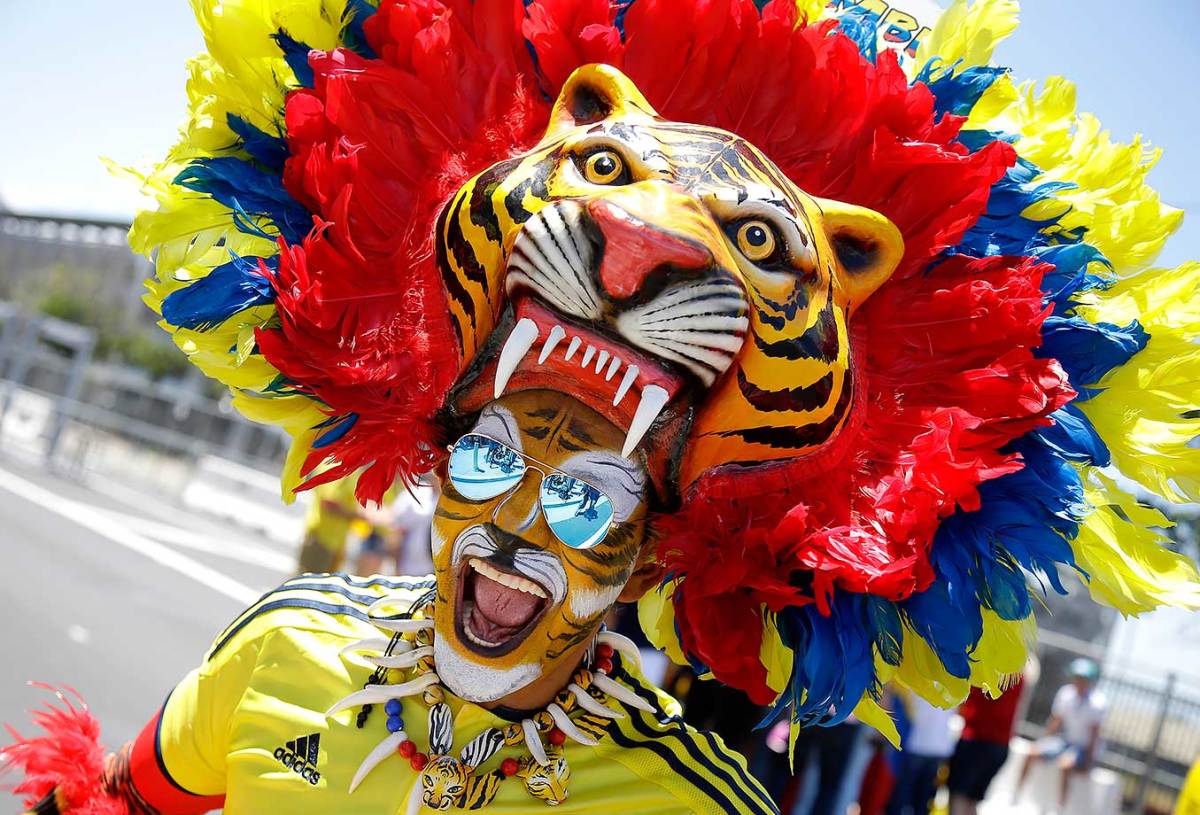
Colombia
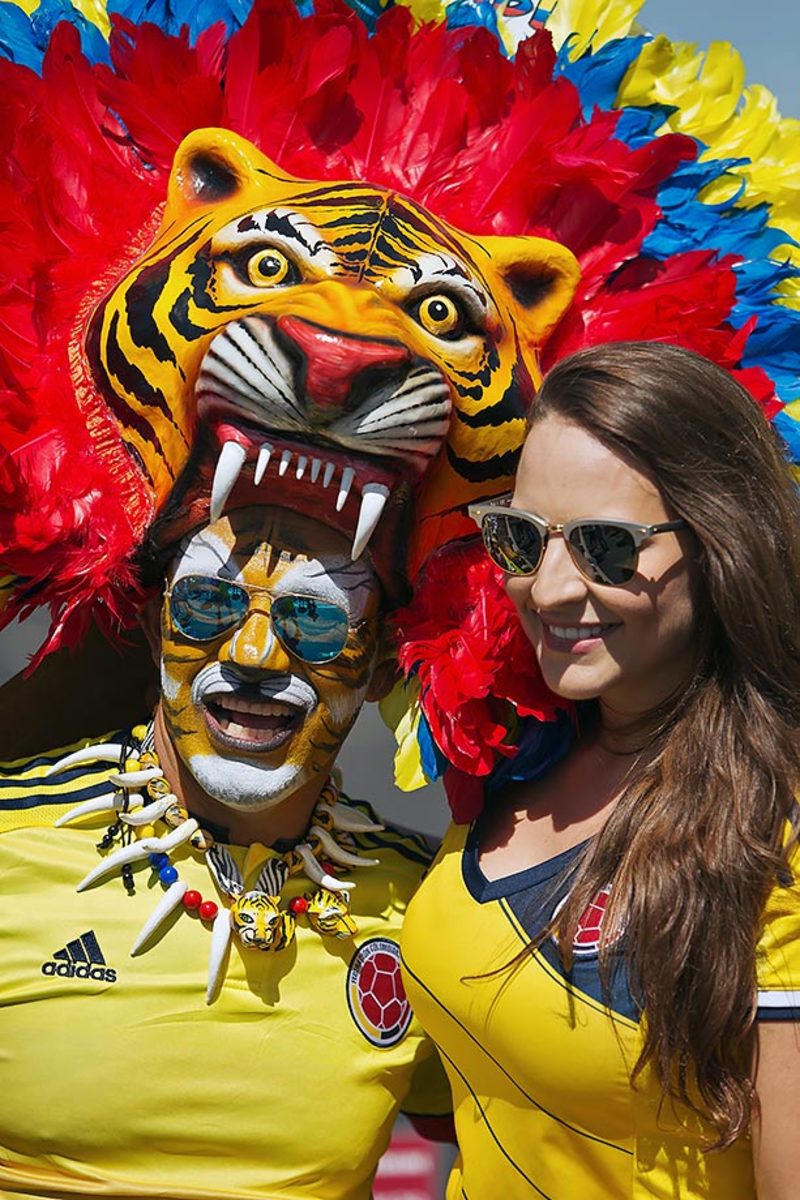
Colombia
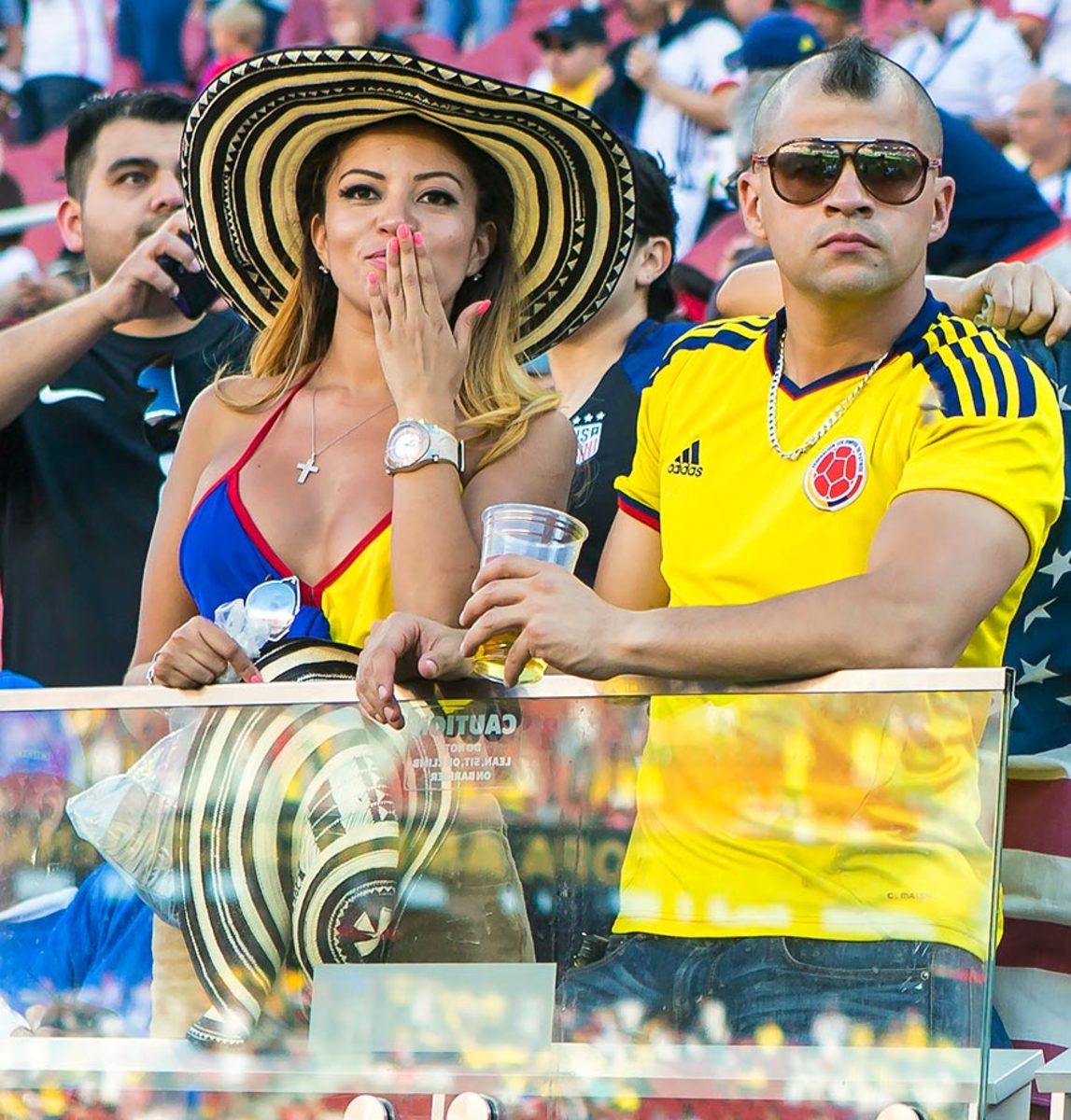
Colombia
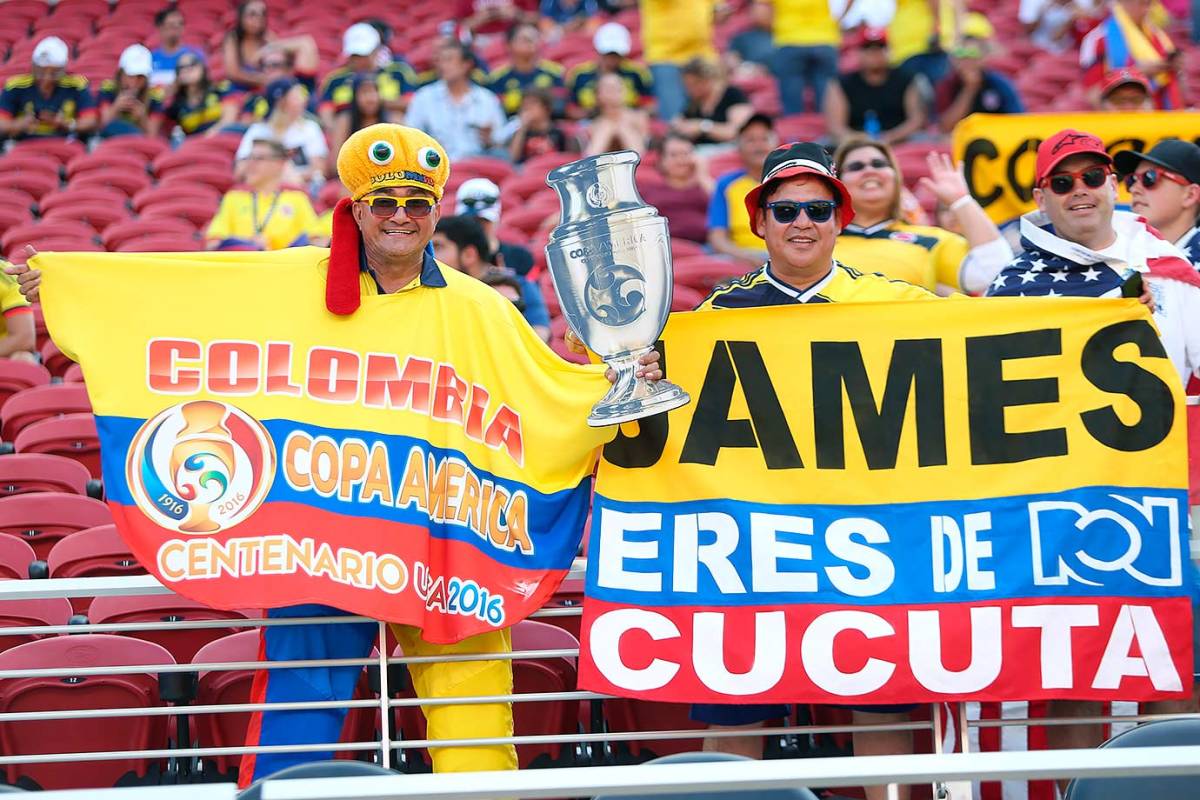
Colombia
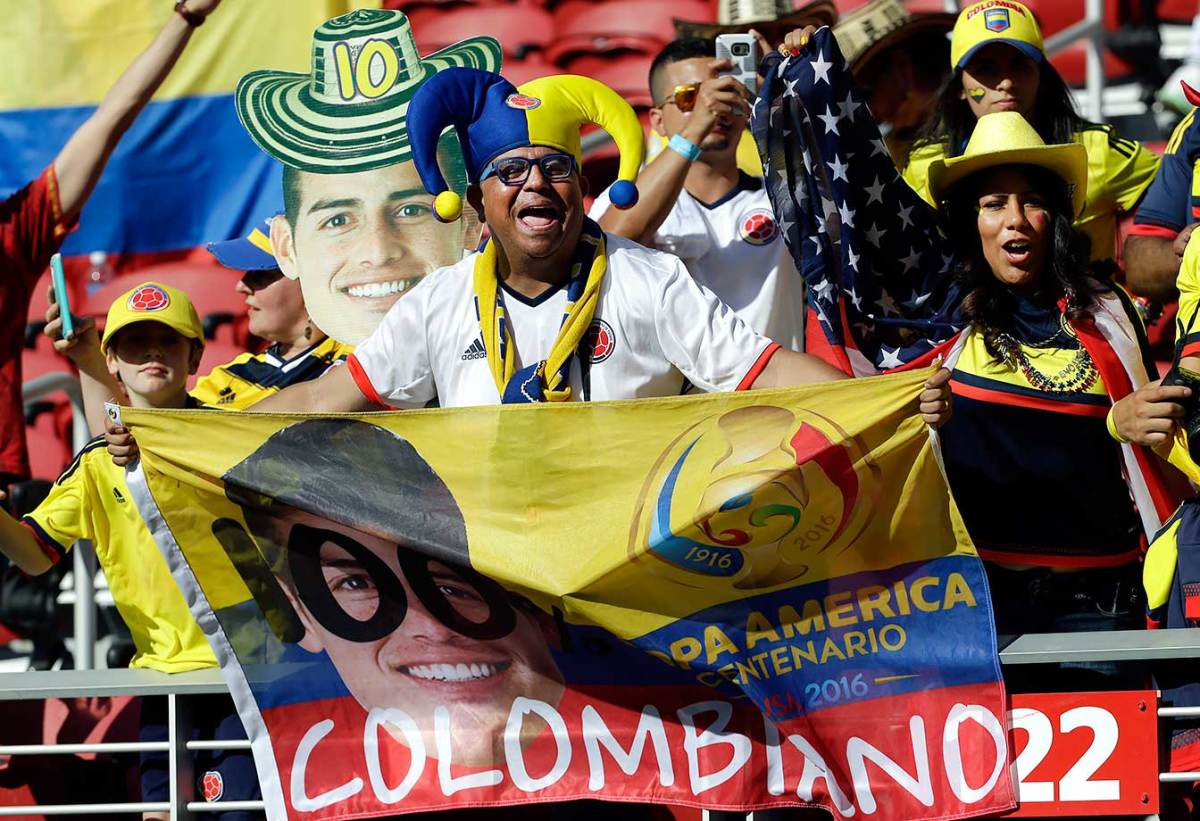
Colombia
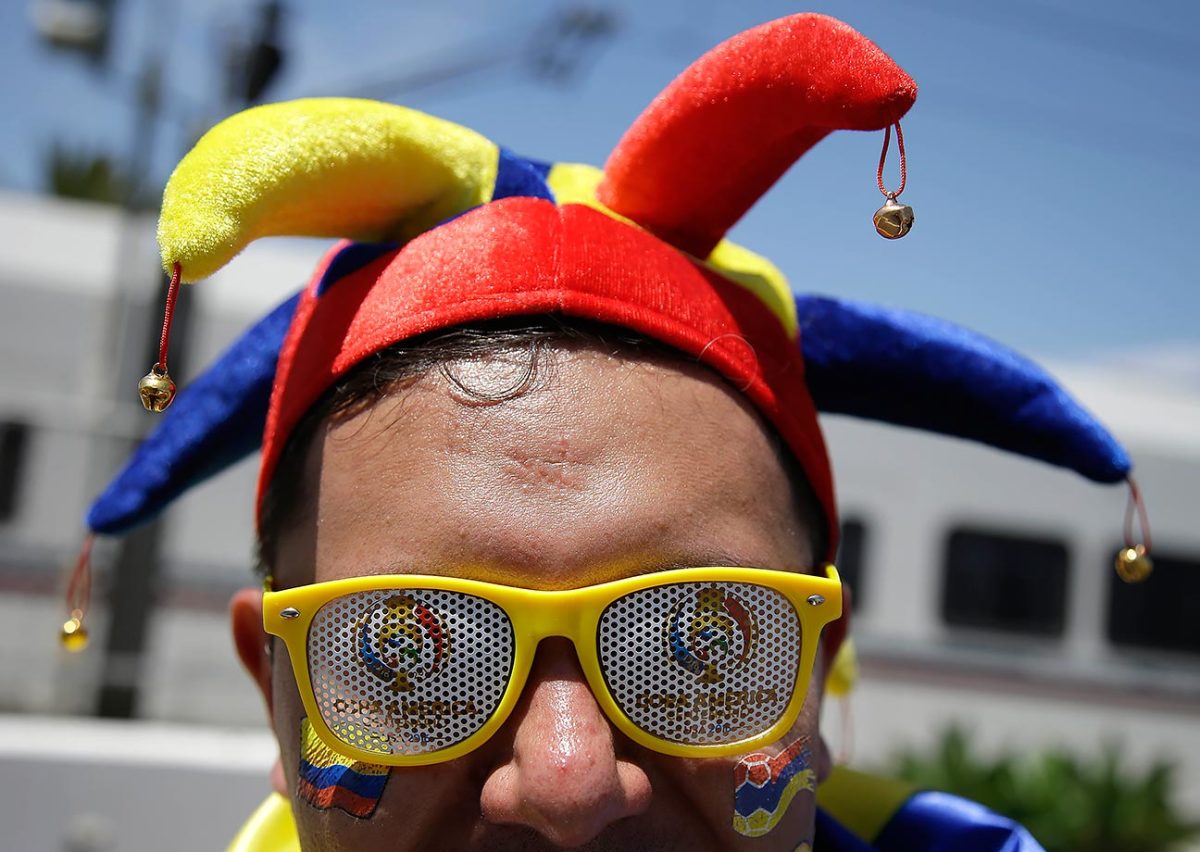
Colombia
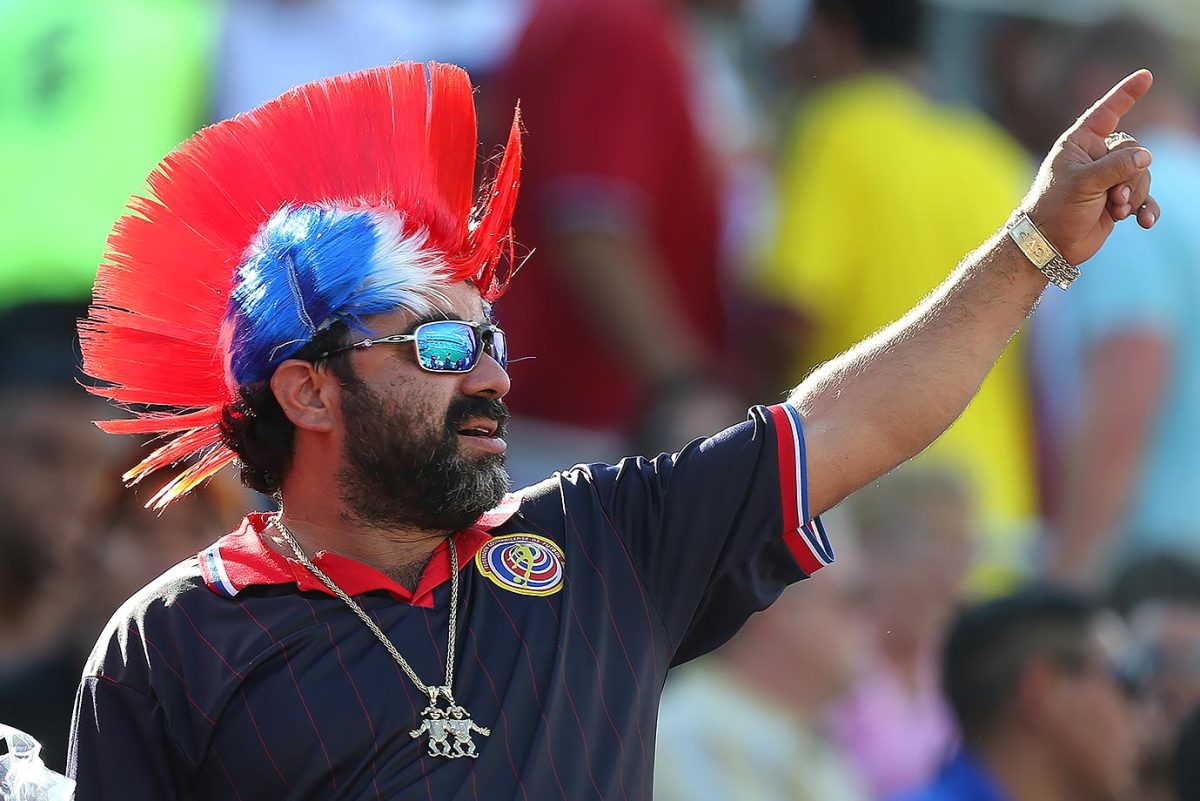
Costa Rica
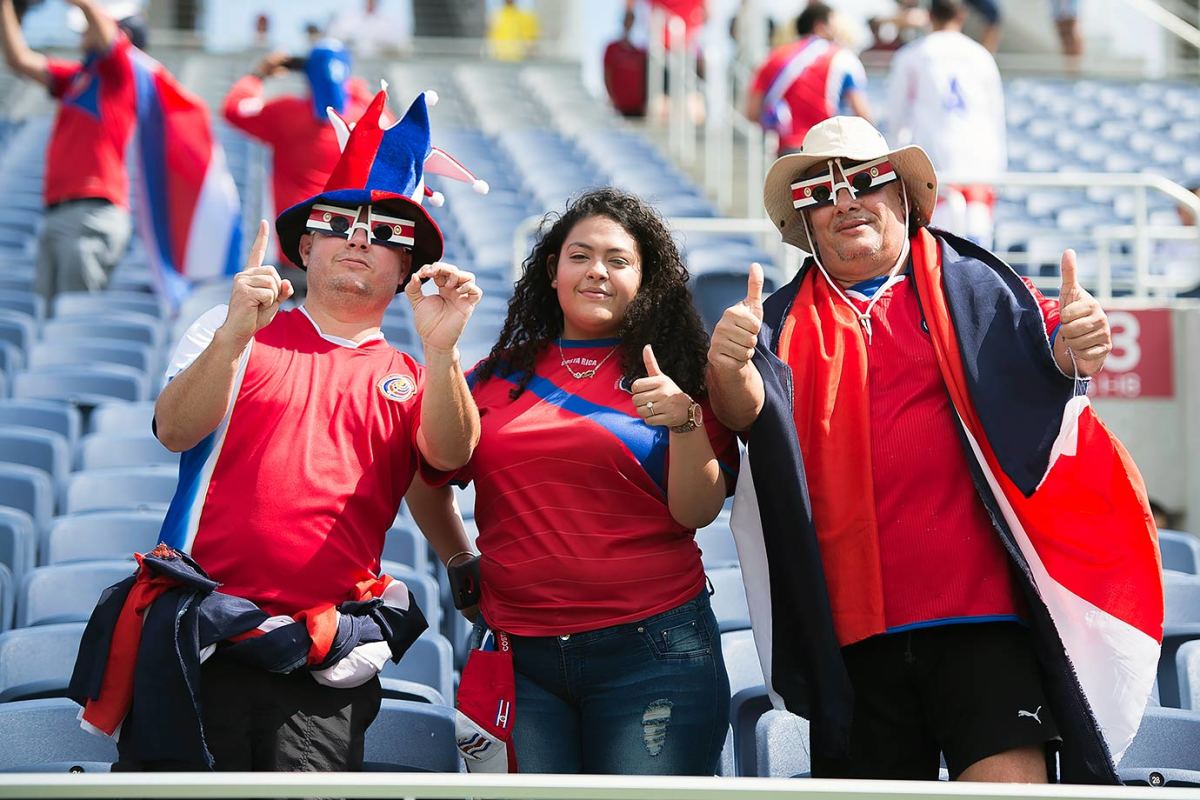
Costa Rica
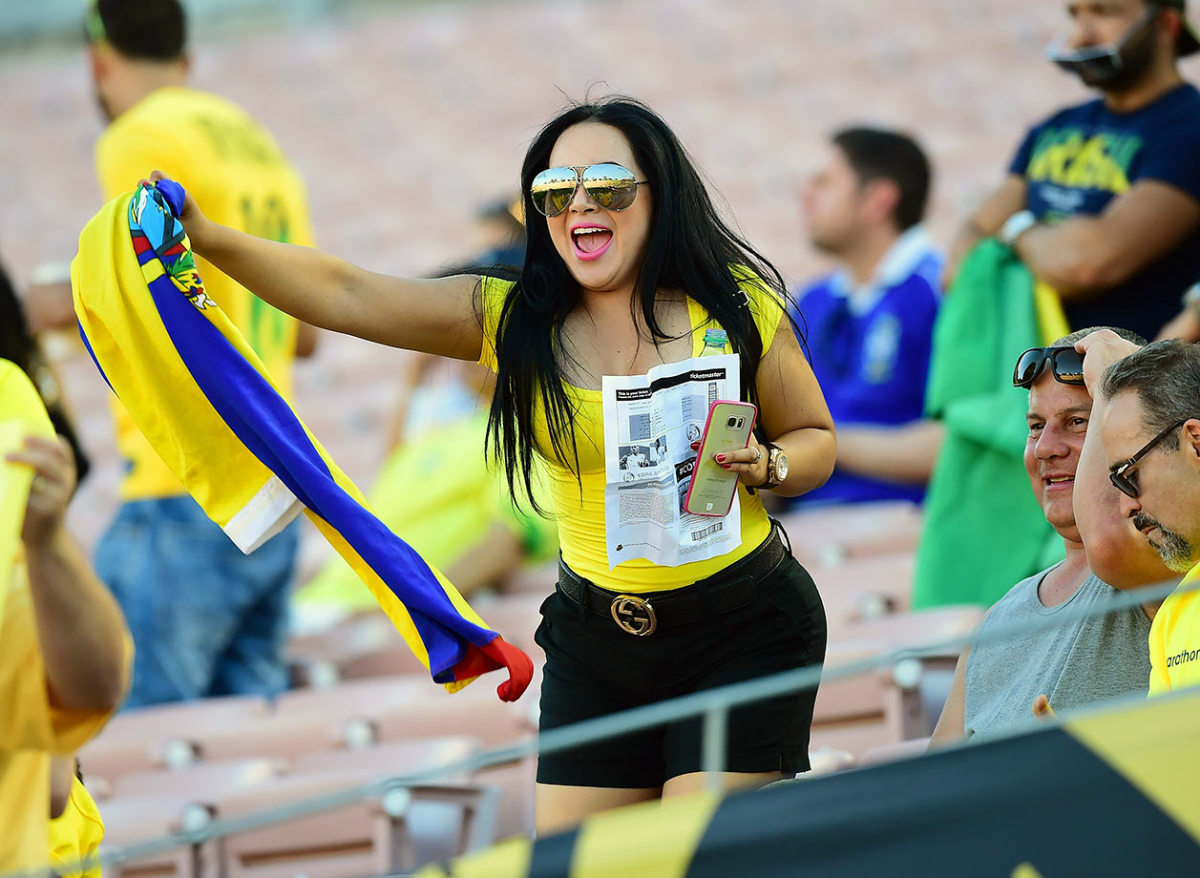
Ecuador
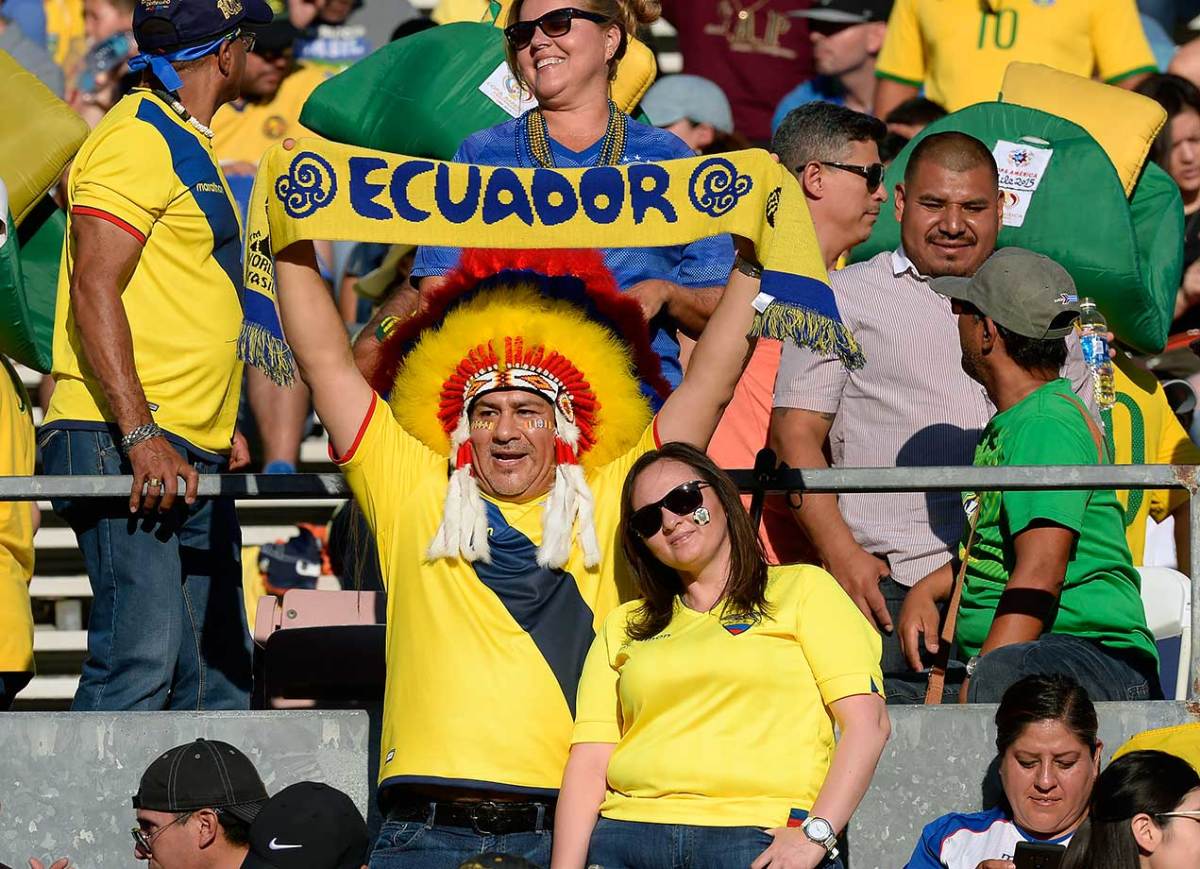
Ecuador
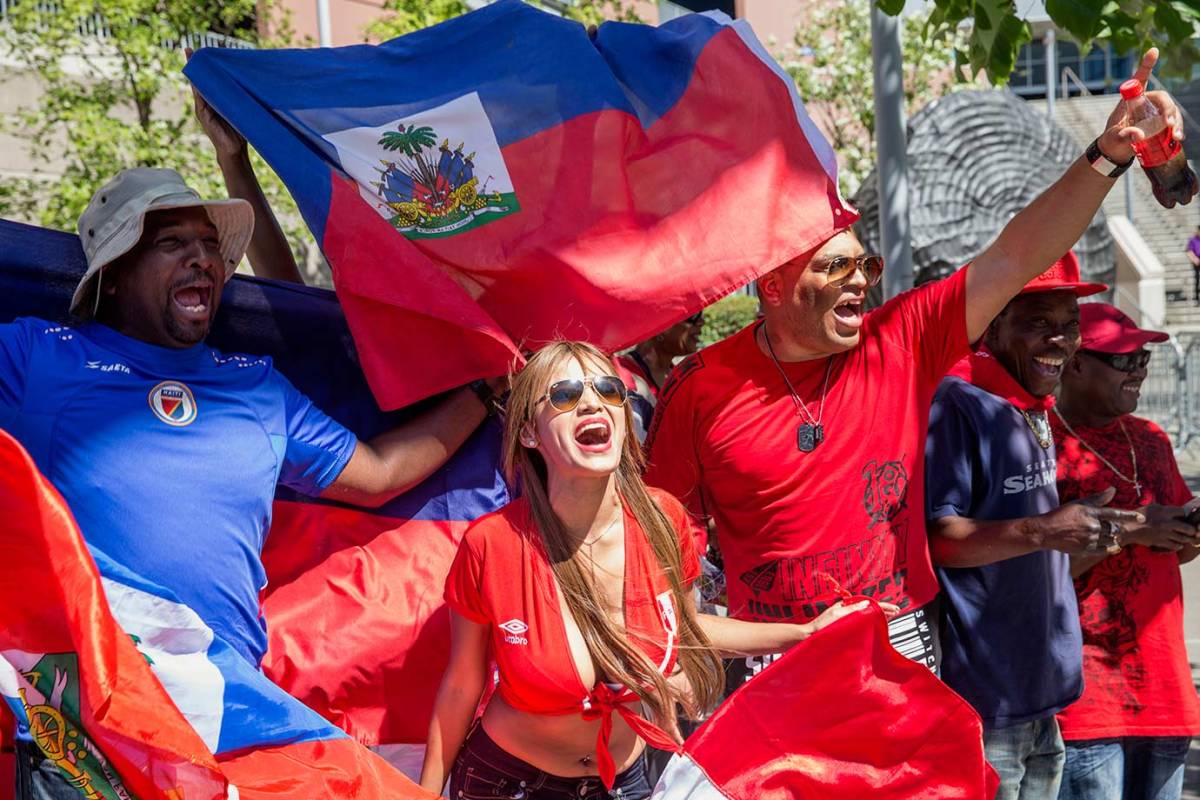
Haiti and Peru
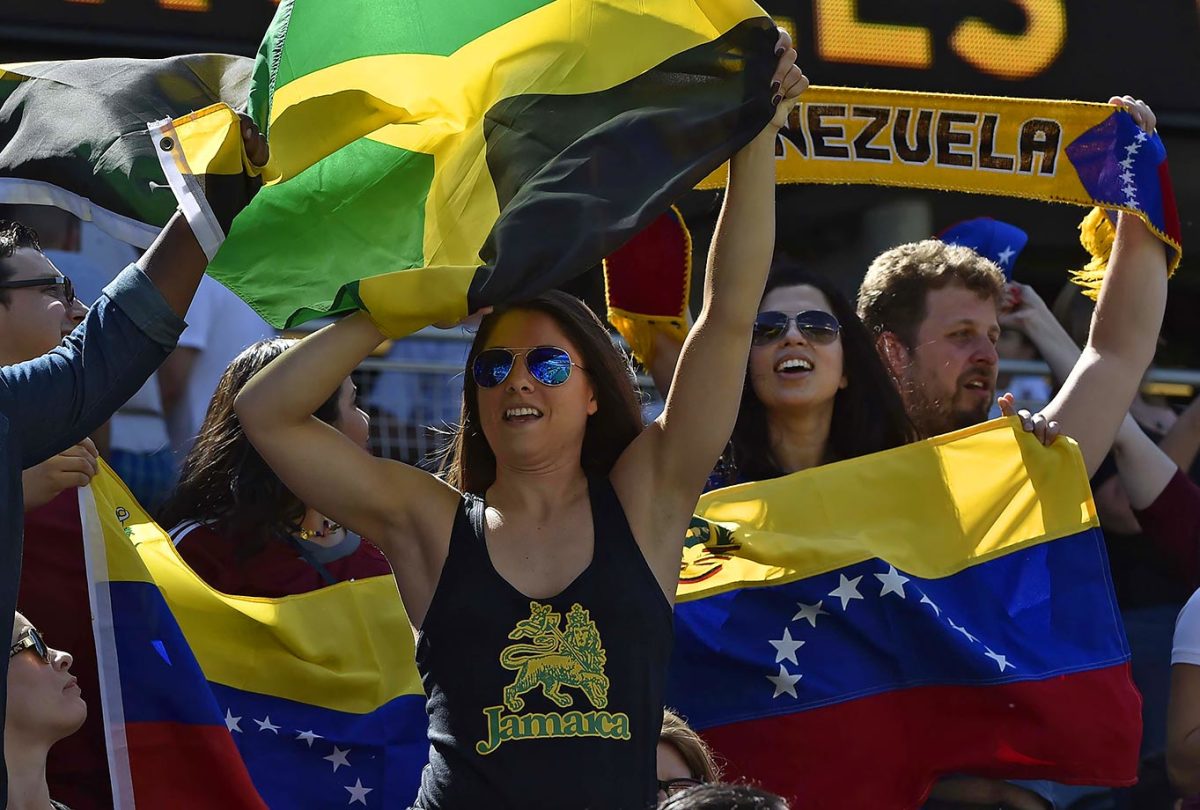
Jamaica and Venezuela
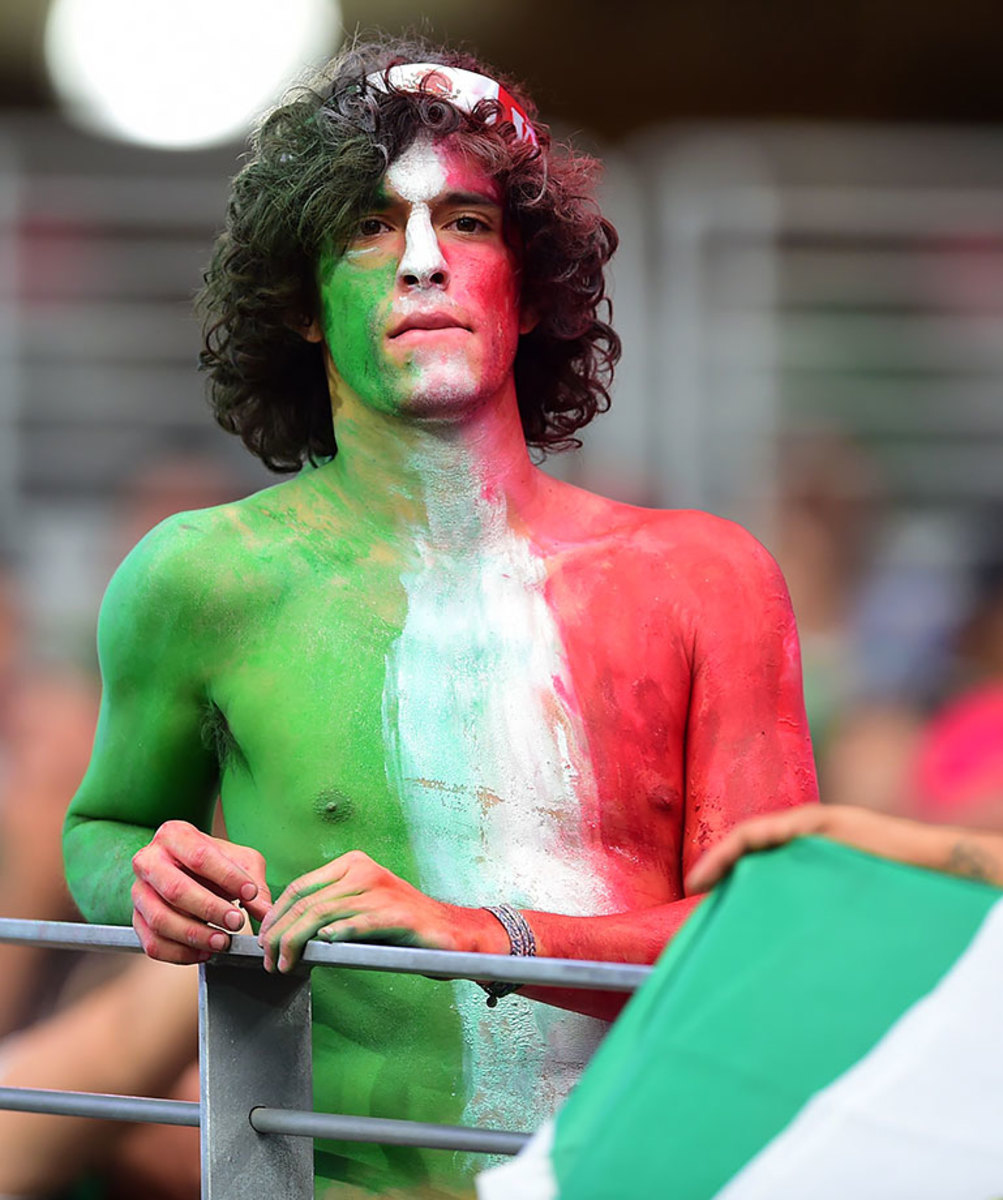
Mexico
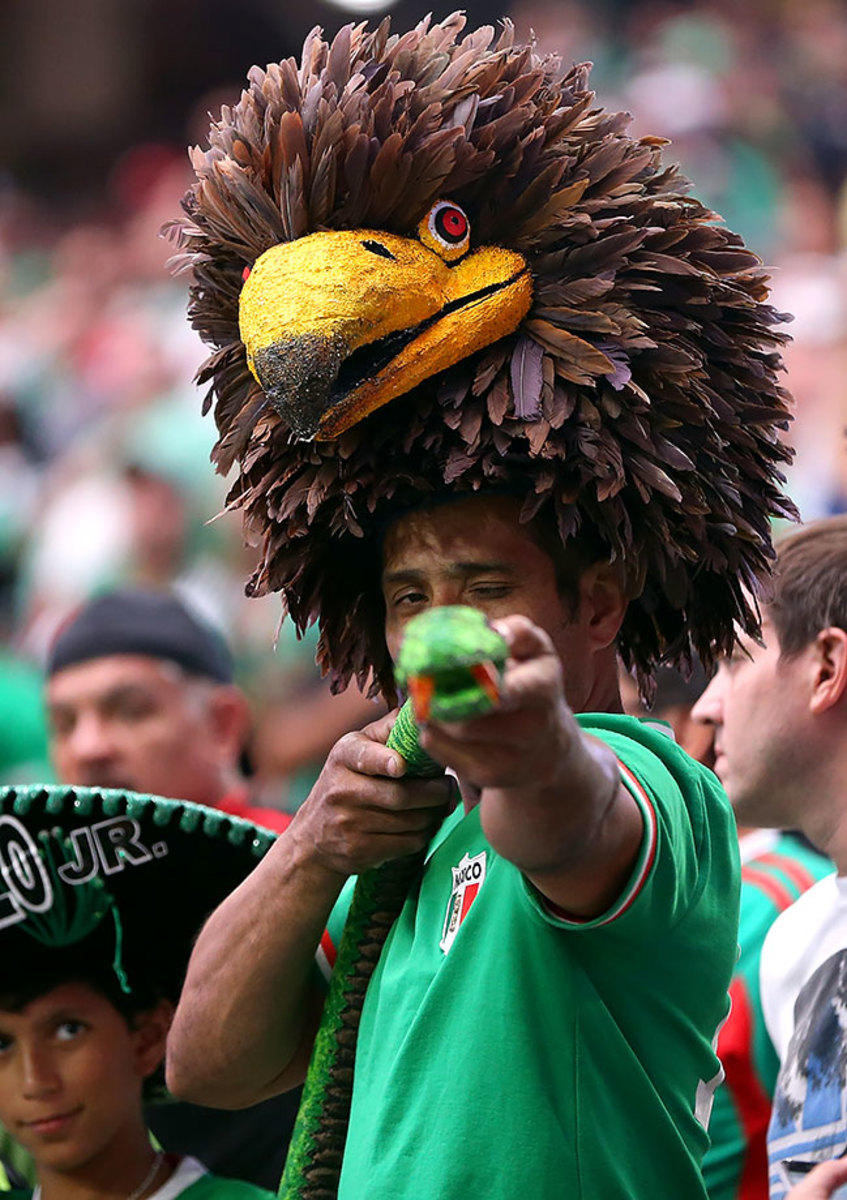
Mexico
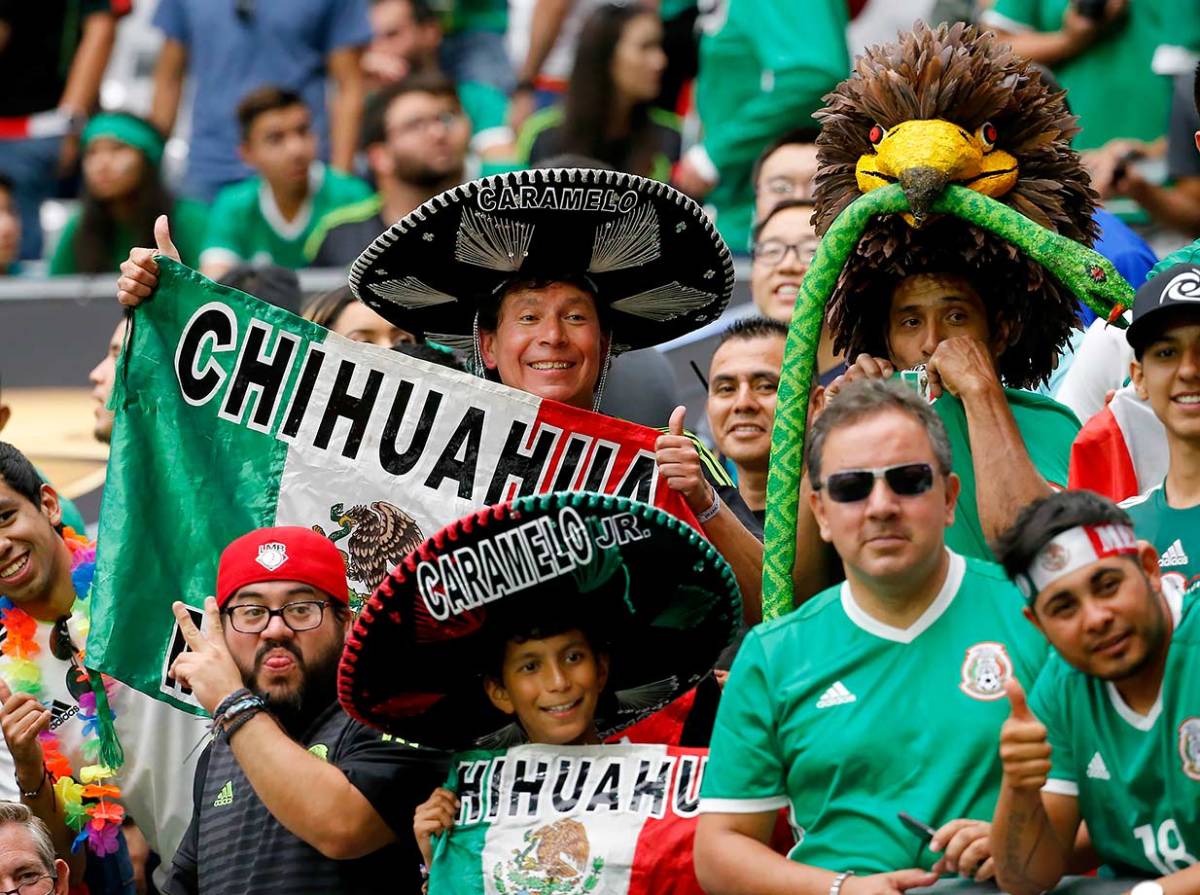
Mexico
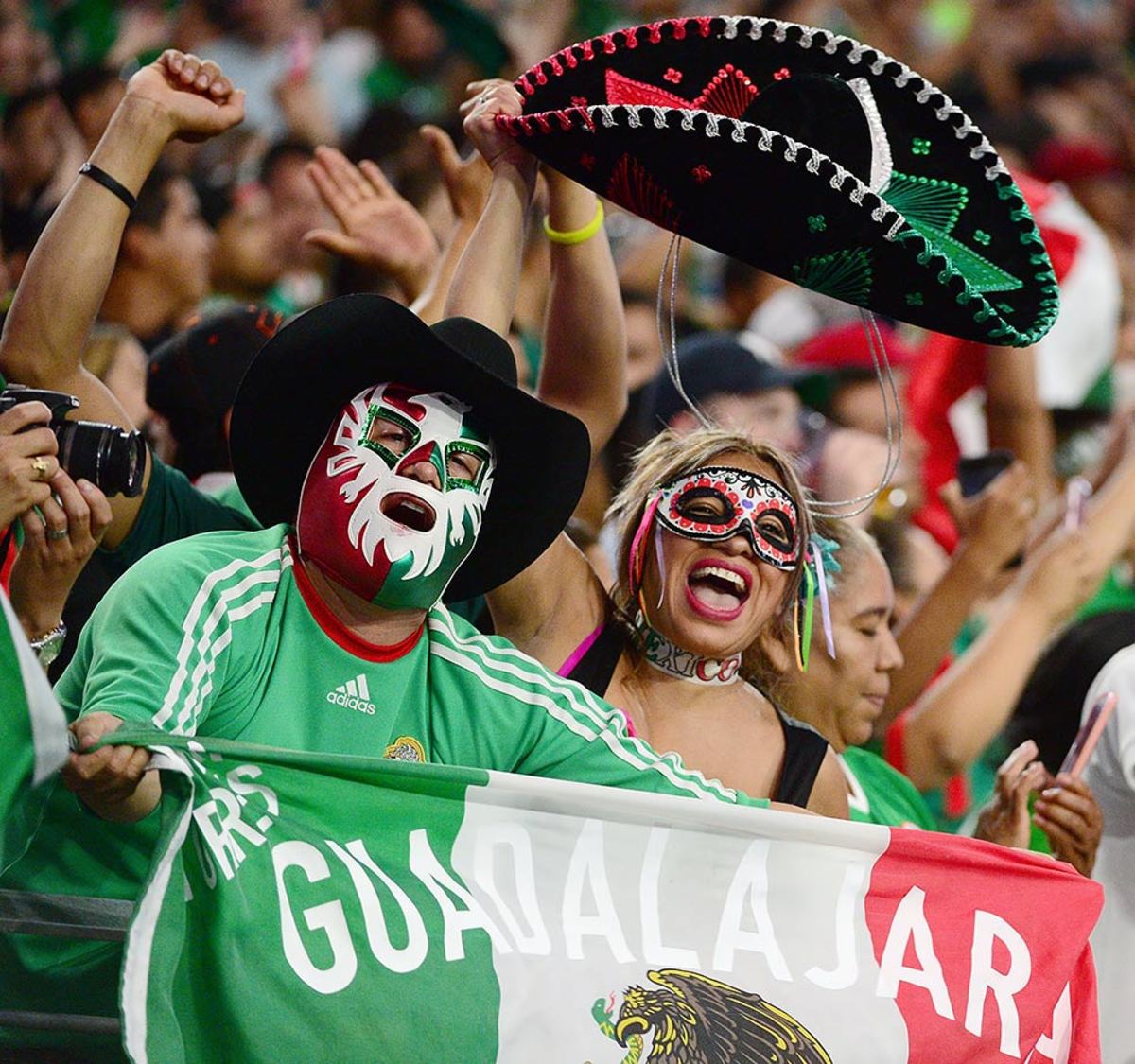
Mexico
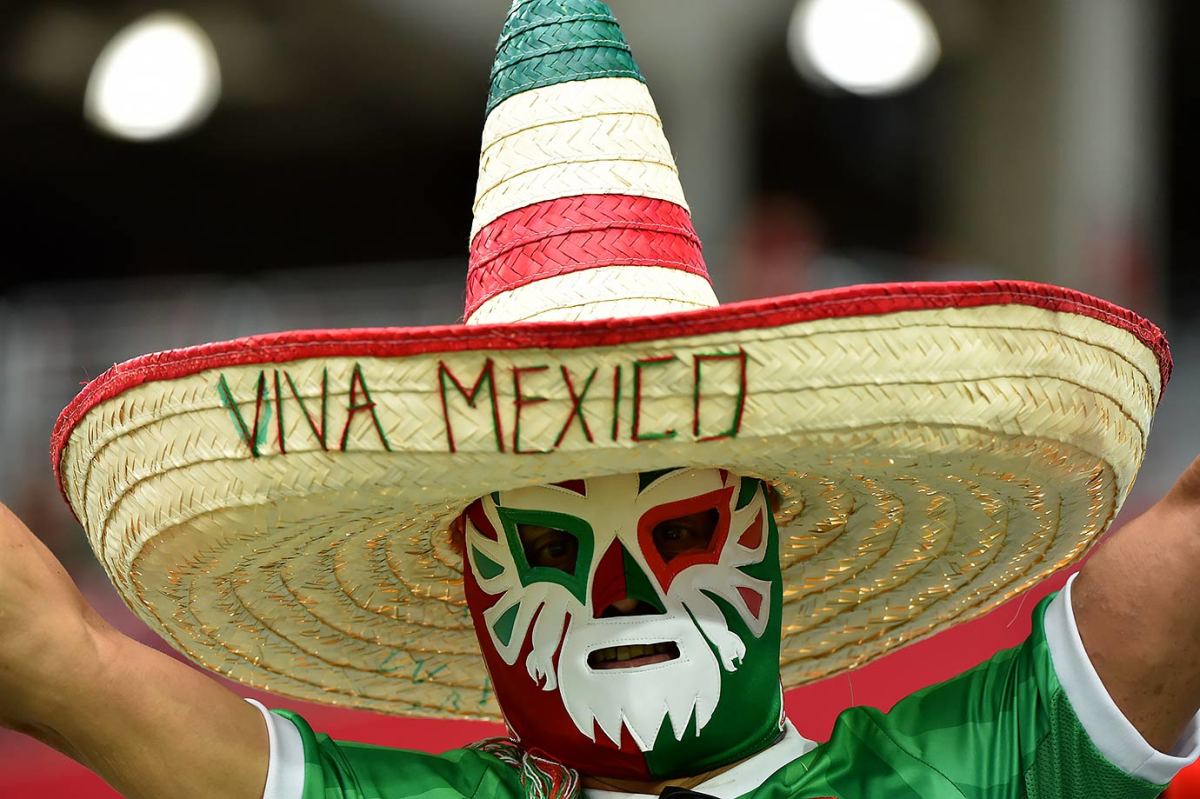
Mexico
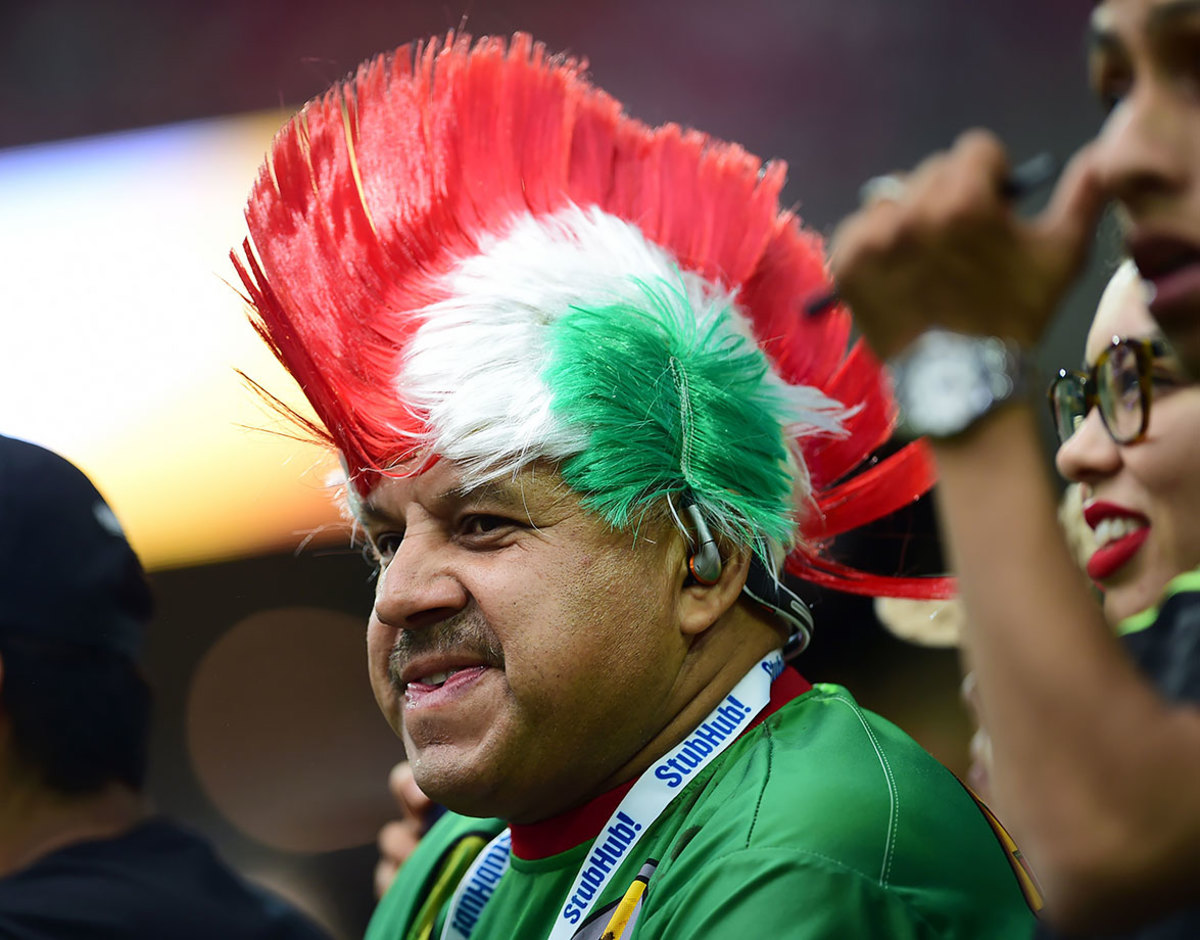
Mexico
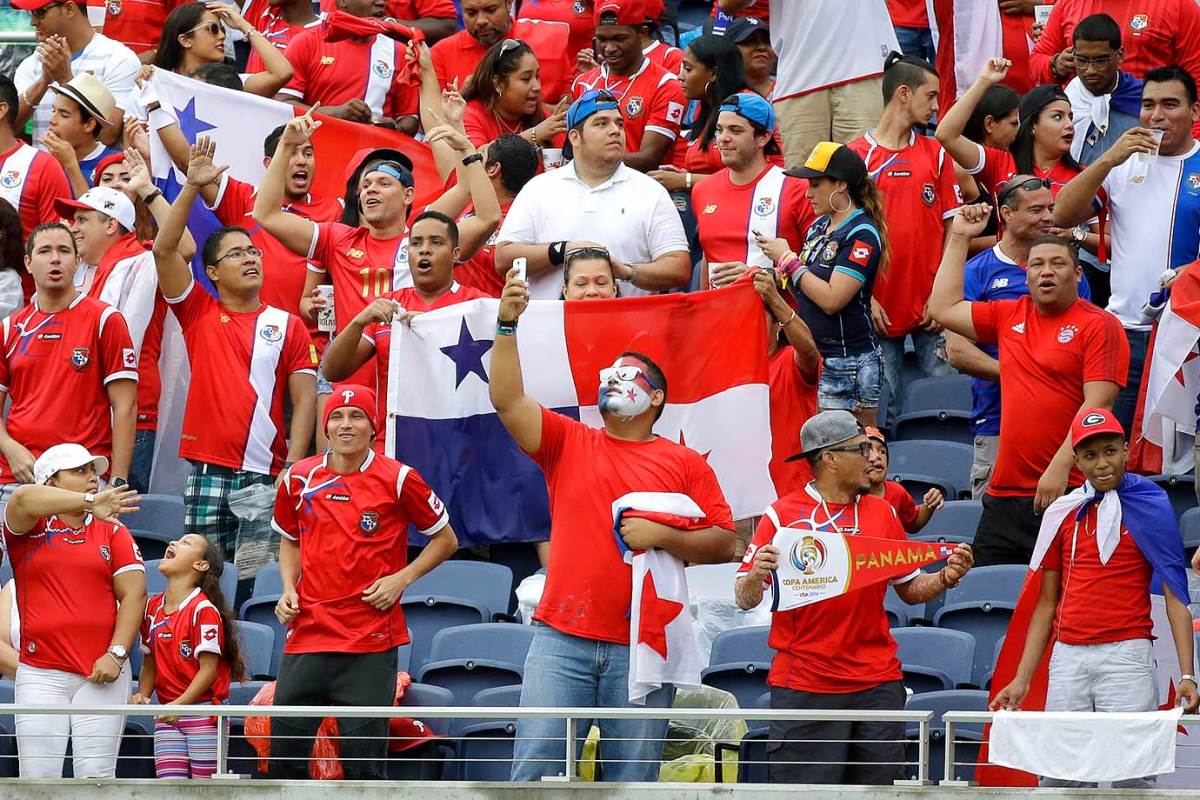
Panama
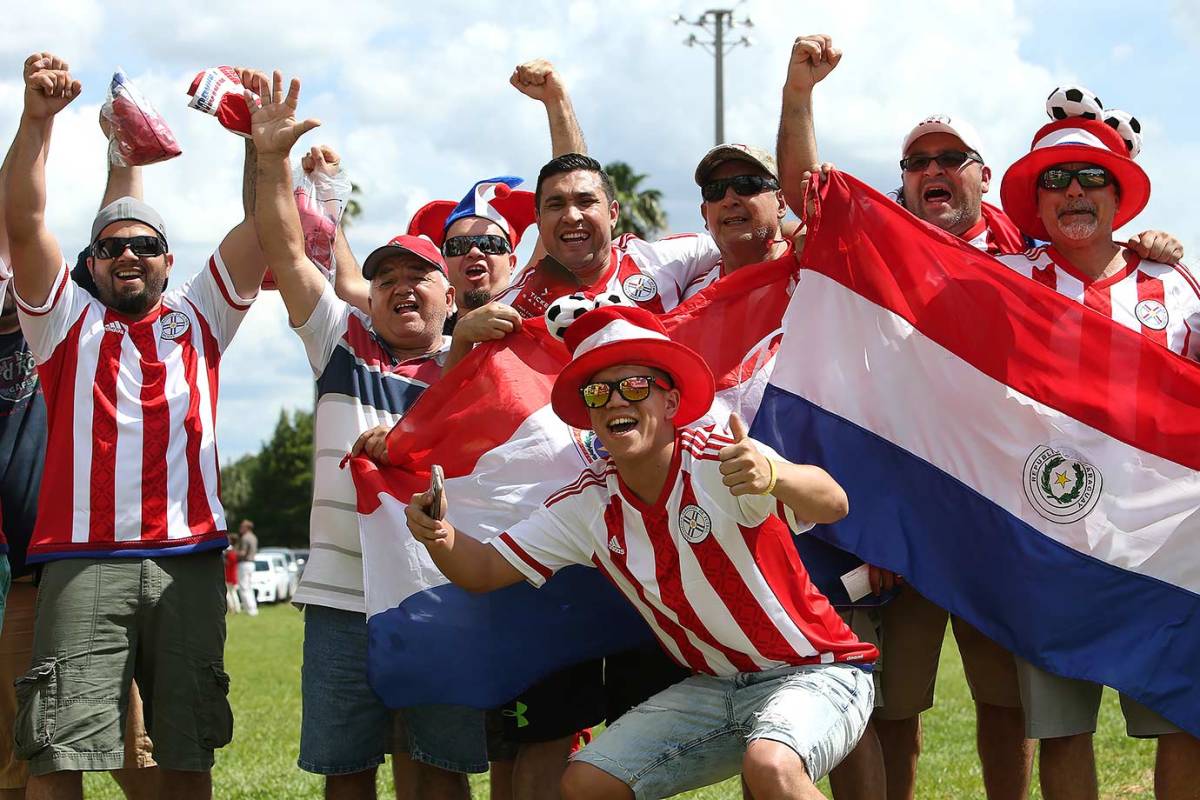
Paraguay
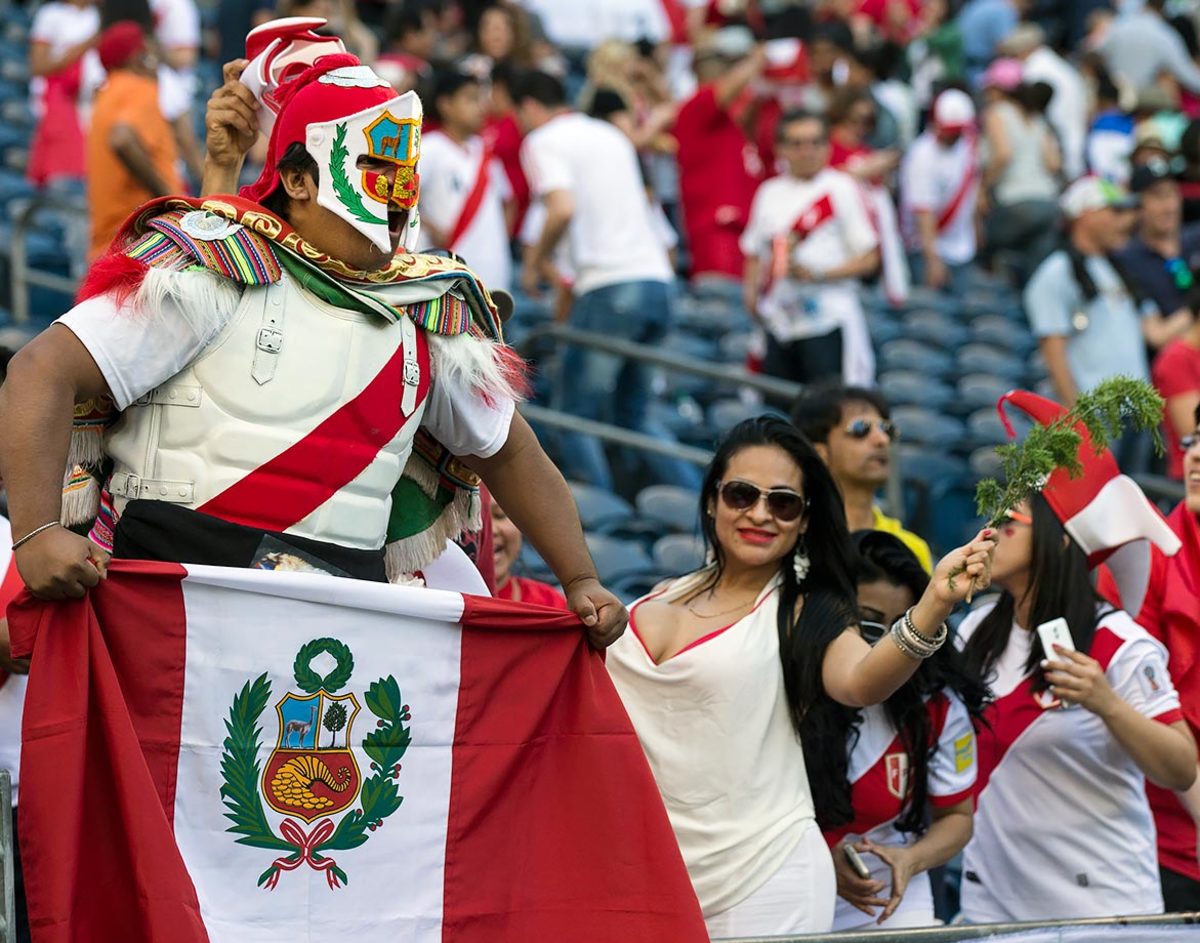
Peru
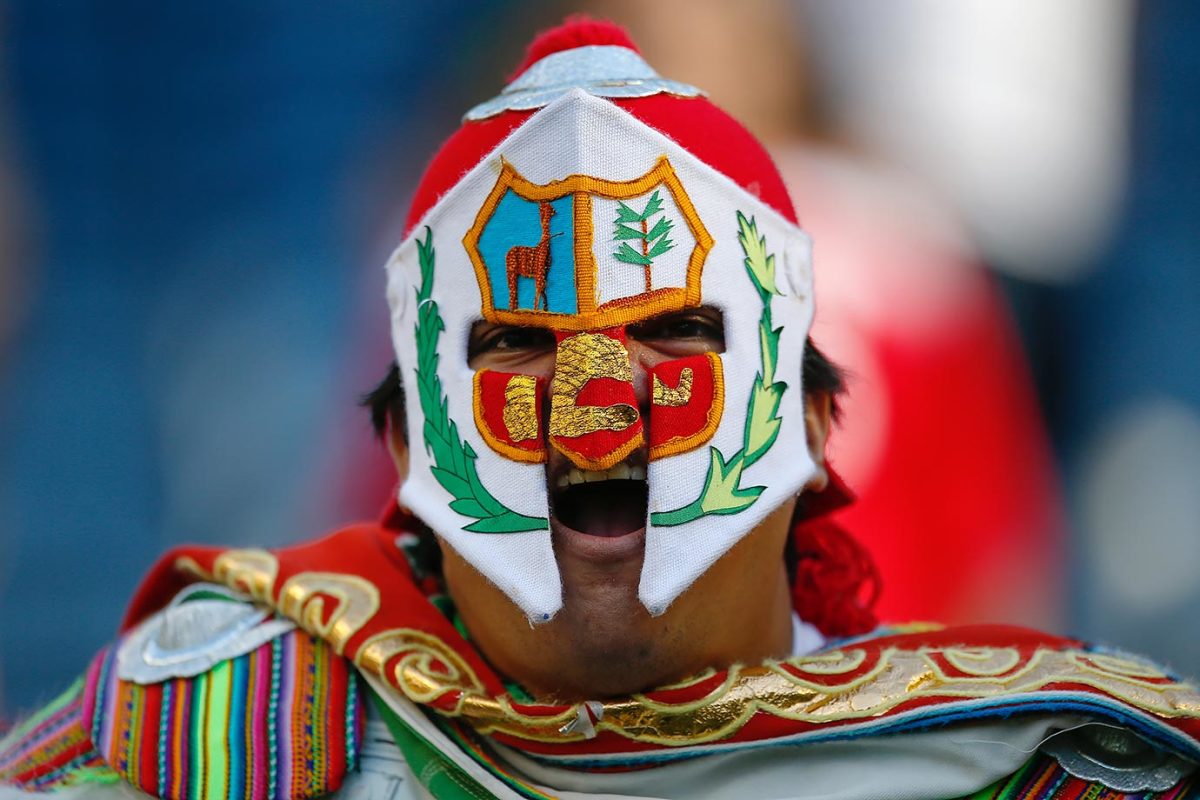
Peru
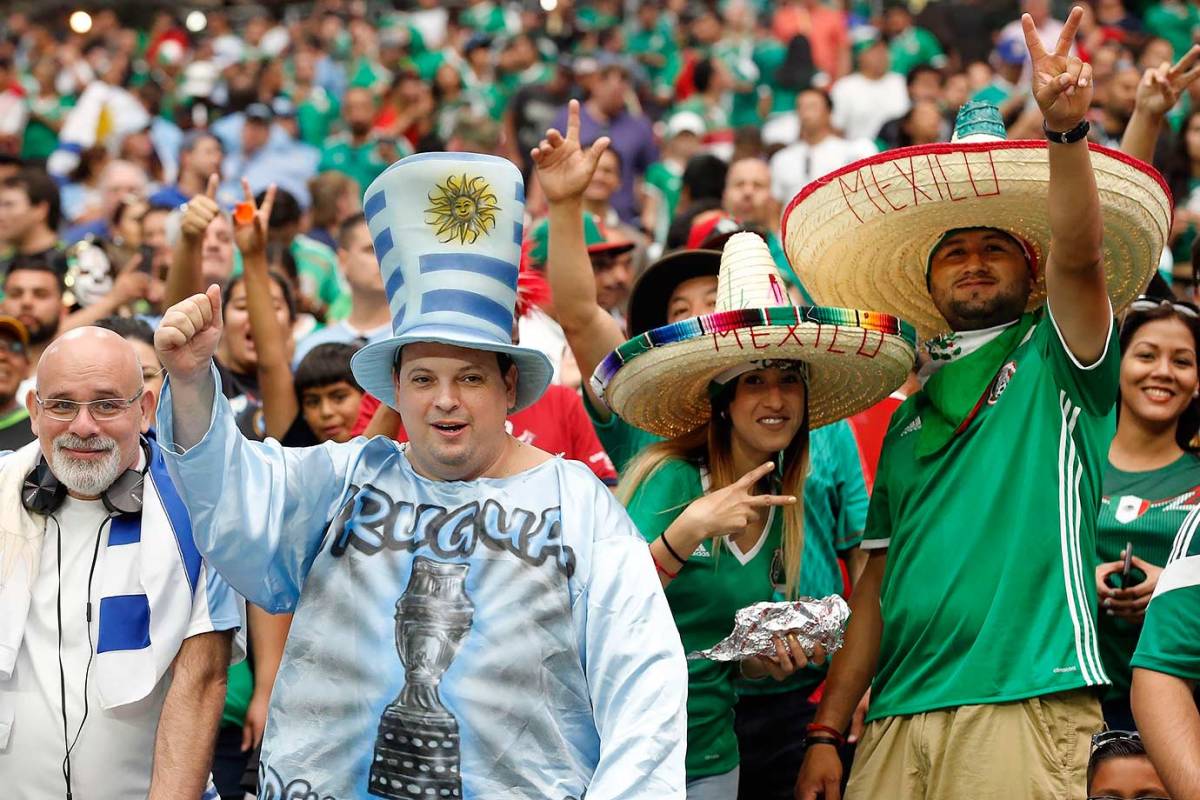
Uruguay and Mexico
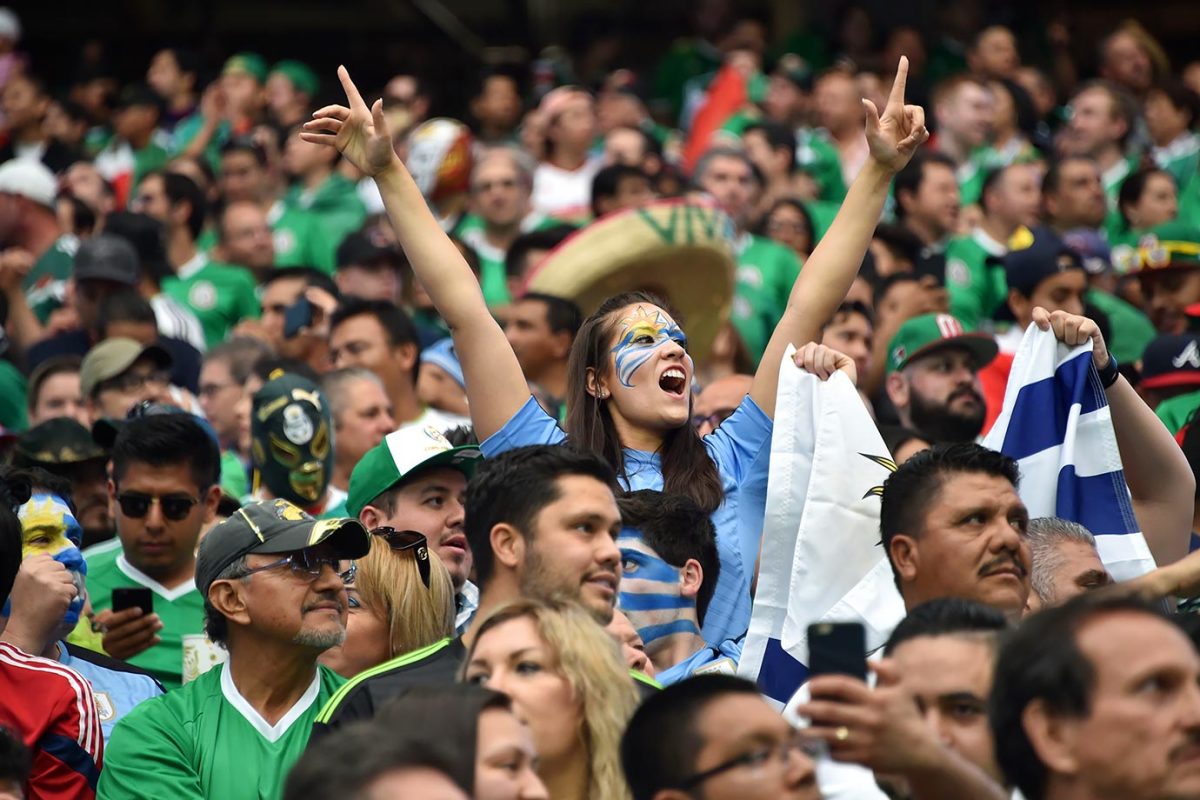
Uruguay
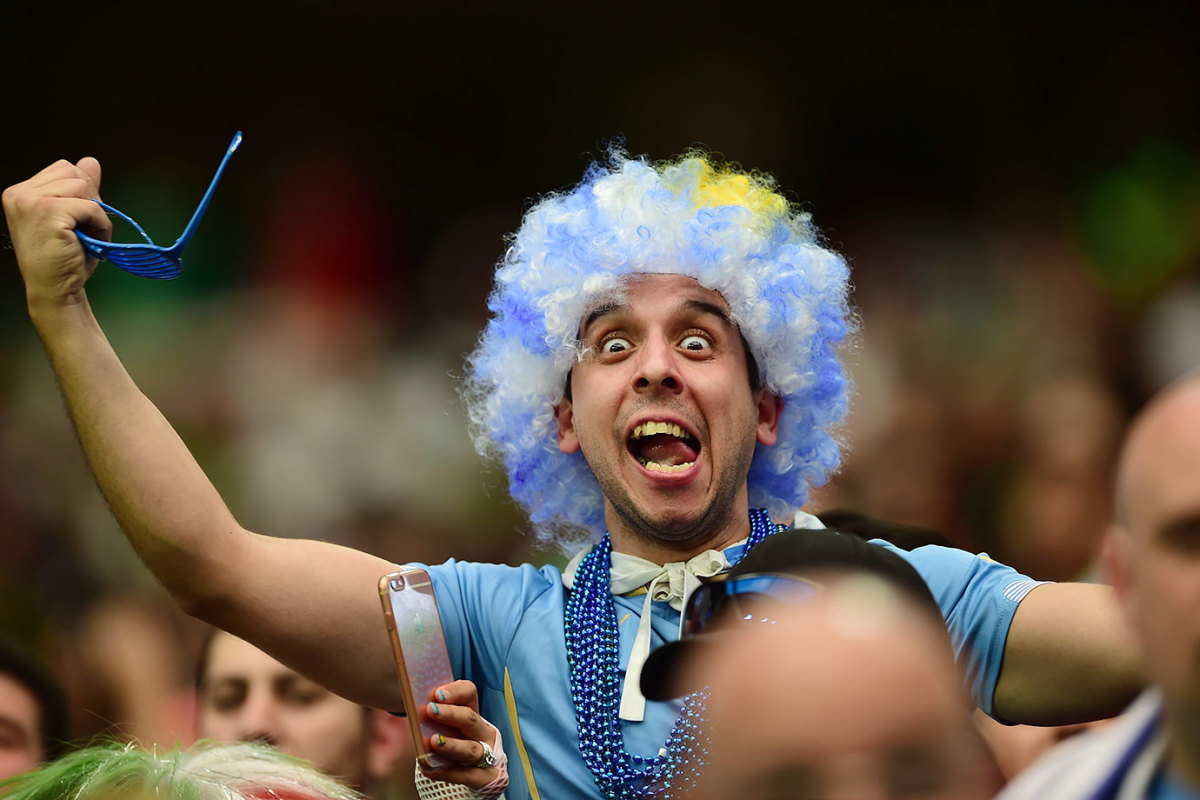
Uruguay
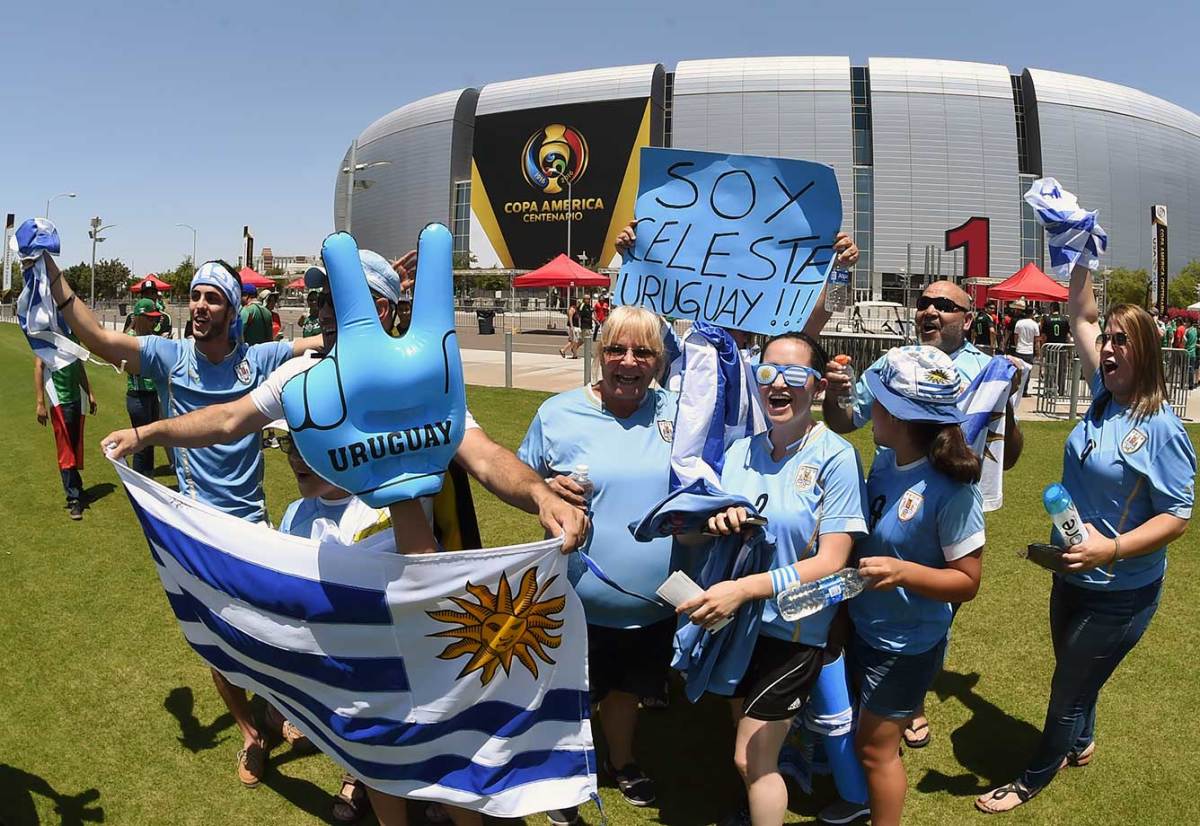
Uruguay
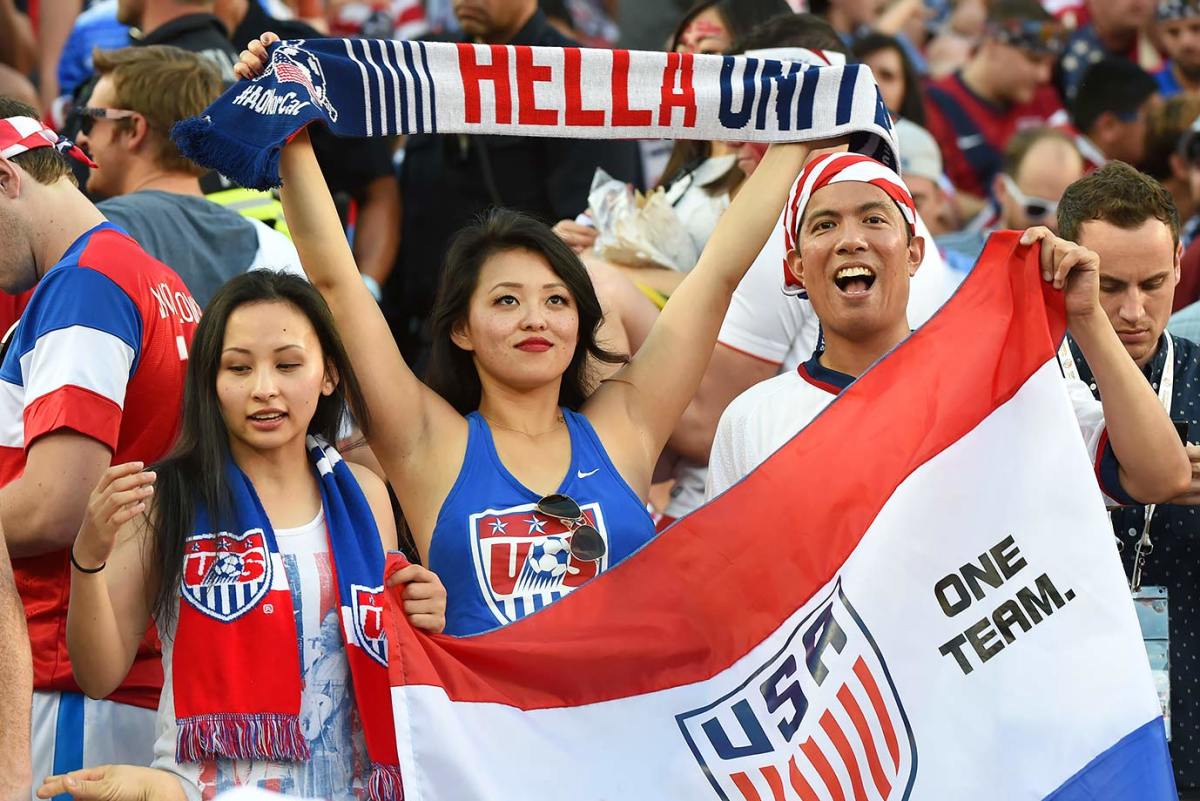
USA
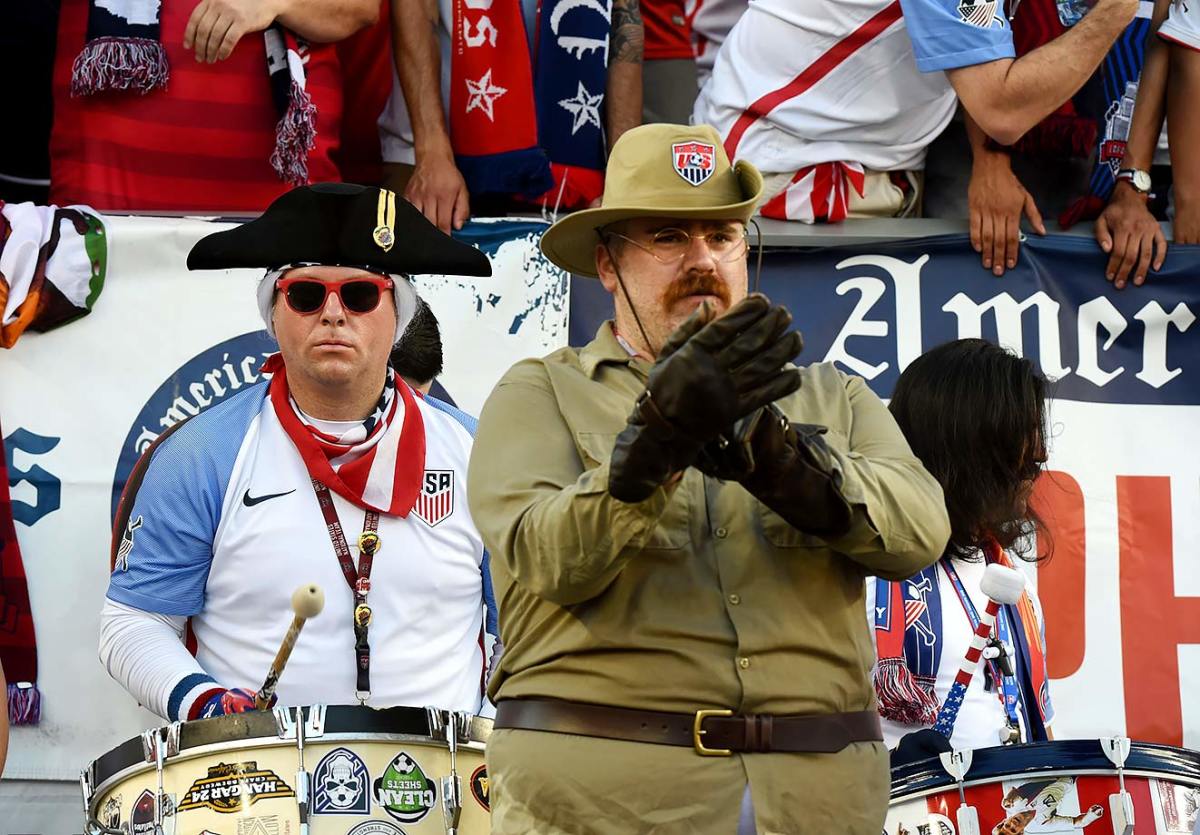
USA
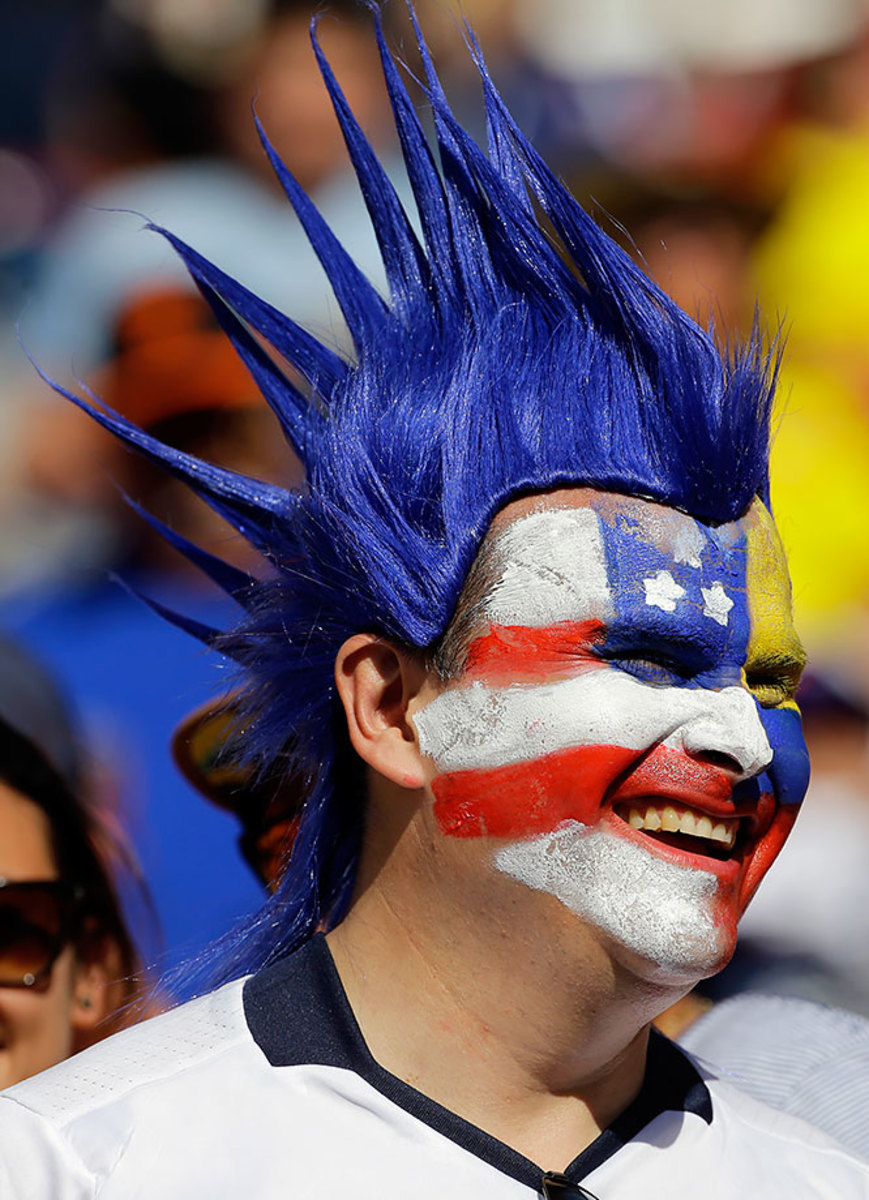
USA
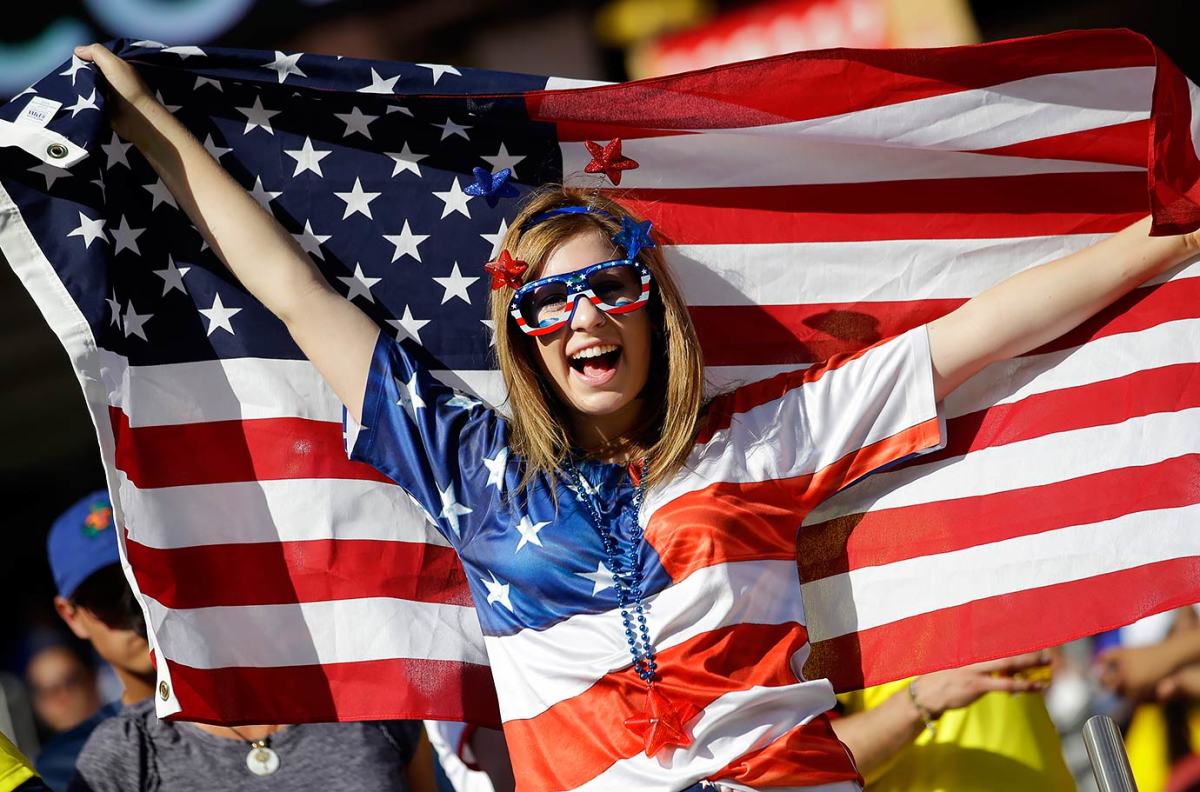
USA
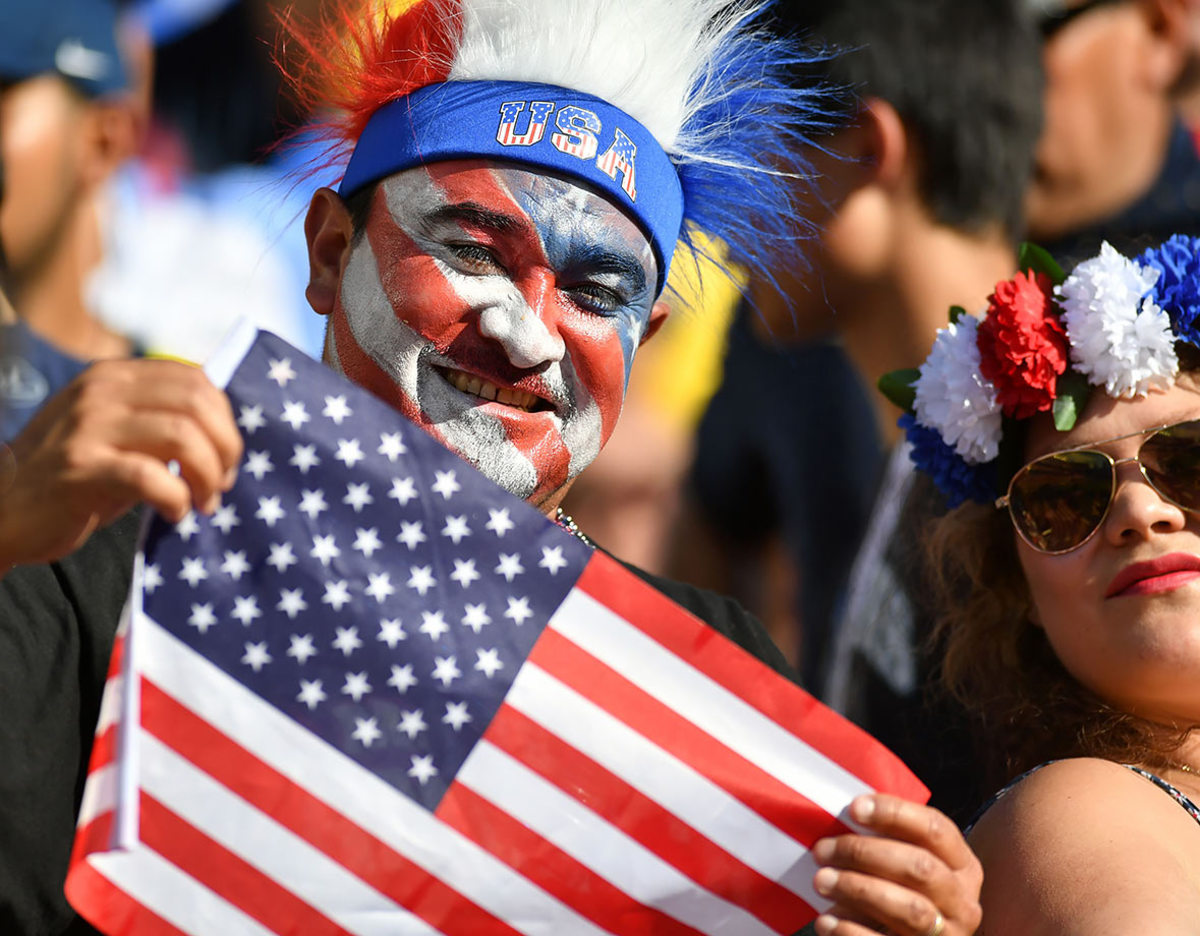
USA
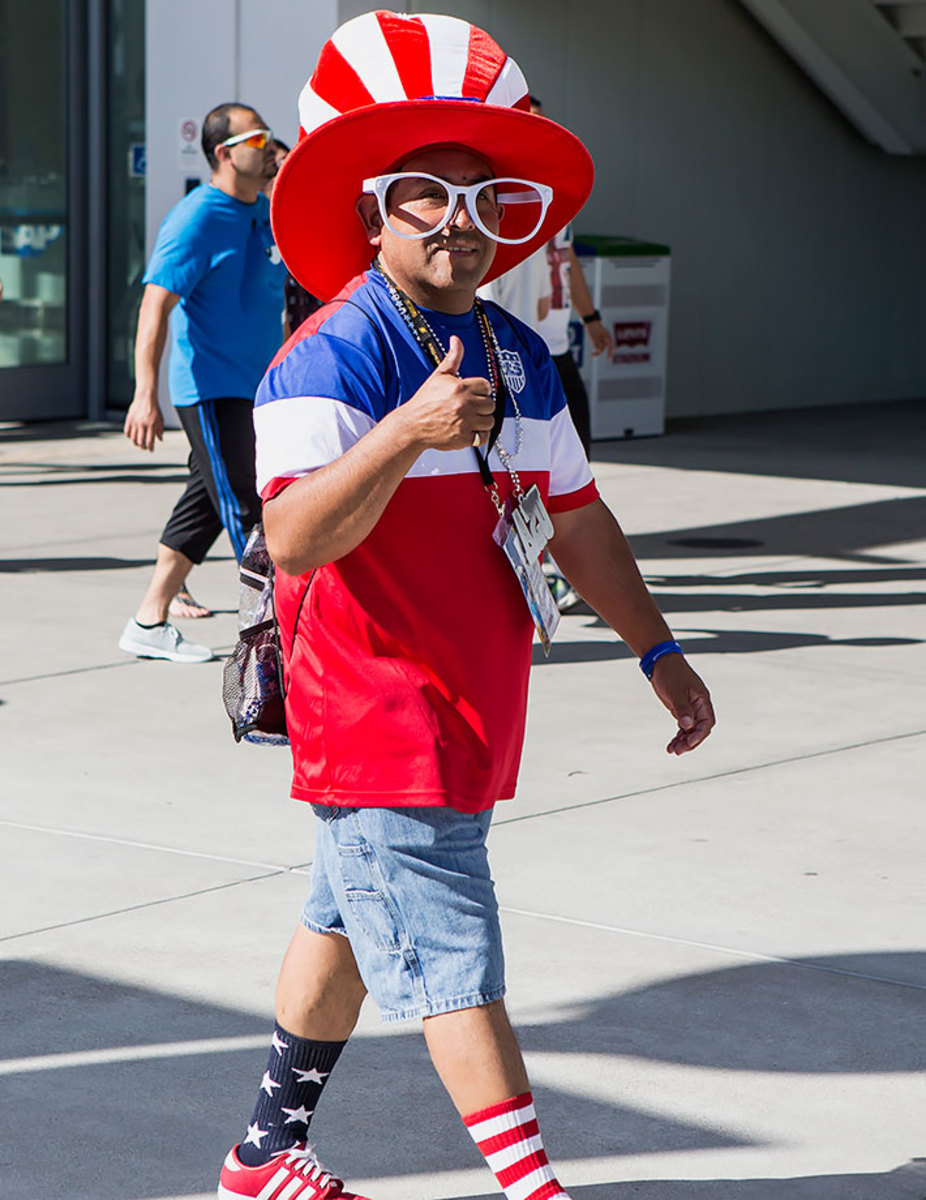
USA
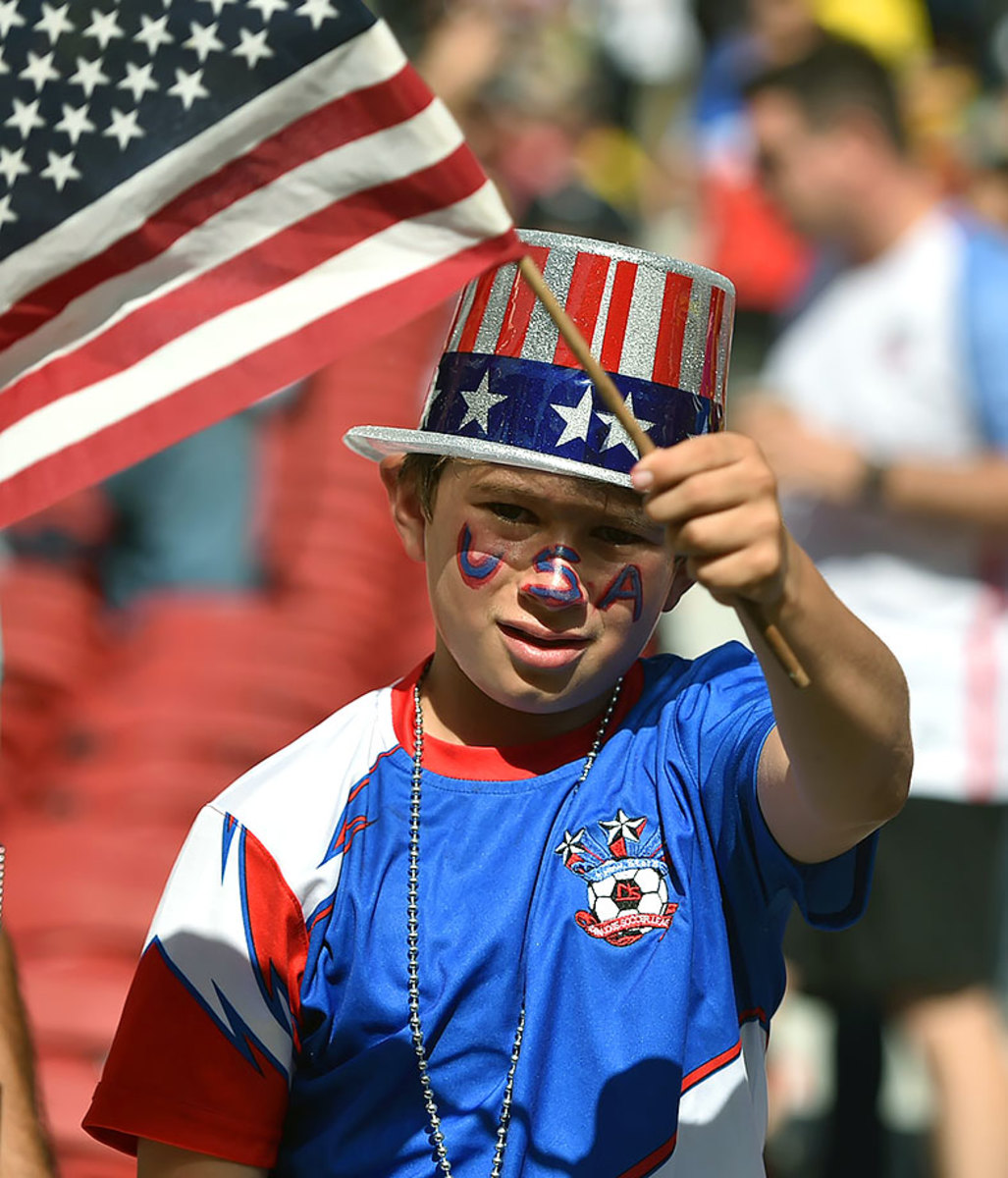
USA
If not Tite, it seems likely that Rogério Micale, the Brazil U-20 and U-23 coach, will be responsible for the Olympic squad, as the CBF has confirmed that he will announce the 35-man preliminary squad next week. Leonardo, former Brazil player and ex-director of football at PSG, has reportedly been chosen to replace Gilmar Rinaldi as Brazil’s technical director, responsible for overseeing the junior and senior teams.
Perhaps the real concern for Brazilian soccer, however, is not whether Tite says yes or no, but that the country’s managerial cupboard is so bare in the first place. The list of Brazilian coaches who have achieved success outside their own country is depressingly short, while back home a lethal cocktail of unprofessionalism in the boardroom, where presidents are elected rather than hired, and a rabid hunger for success among fans means that the average manager lasts just 15 games in the job. It's the most unstable place for a coach to work in the world.
One recent example of this is the treatment handed out to veteran coach Givanildo Oliveira, who was recently sacked by América-MG just five games into the national championship season, weeks after winning not only promotion to Serie A, but also the club’s first state title for 15 years.
And then there is the curriculum of once promising young coach Dado Cavalcanti. After leaving Serie B club Paysandu earlier this month, the 34-year-old Cavalcanti has already coached 15 clubs in 10 years.
As a consequence, managers live in perennial fear of the sack. They rely on tried and trusted, usually negative methods to grind out results and are unable to learn or experiment. Young coaches such as Cavalcanti lurch from one club to another, becoming burnt out husks by the time they are 40 or 50.
Coupled with this depressing scenario is the mindset of the CBF, a stupefying combination of stunted, inward thinking and pompous arrogance. Both characteristics were on display on the numerous occasions that the organization sneeringly rejected the idea that a foreign coach such as Pep Guardiola could bring something new to the moribund world of Brazilian soccer.
“It’s ridiculous to think about foreign names, whoever it might be. Guardiola can’t bring Iniesta or Messi…he’s a great coach, but he’d have to coach at a club here first,” said then-CBF director of soccer Andrés Sanchez in 2012, neatly summing up the level of the organization’s thinking.
If Tite does accept the job, he will become the third Brazil coach in three and a half years and, after retreads Luiz Felipe Scolari and Dunga, the first “new” manager to be hired since 2010. Given the challenges he faces, if he can bring success back to the Seleção, then he will perhaps deserve as much credit as any of the playing legends of the past.
